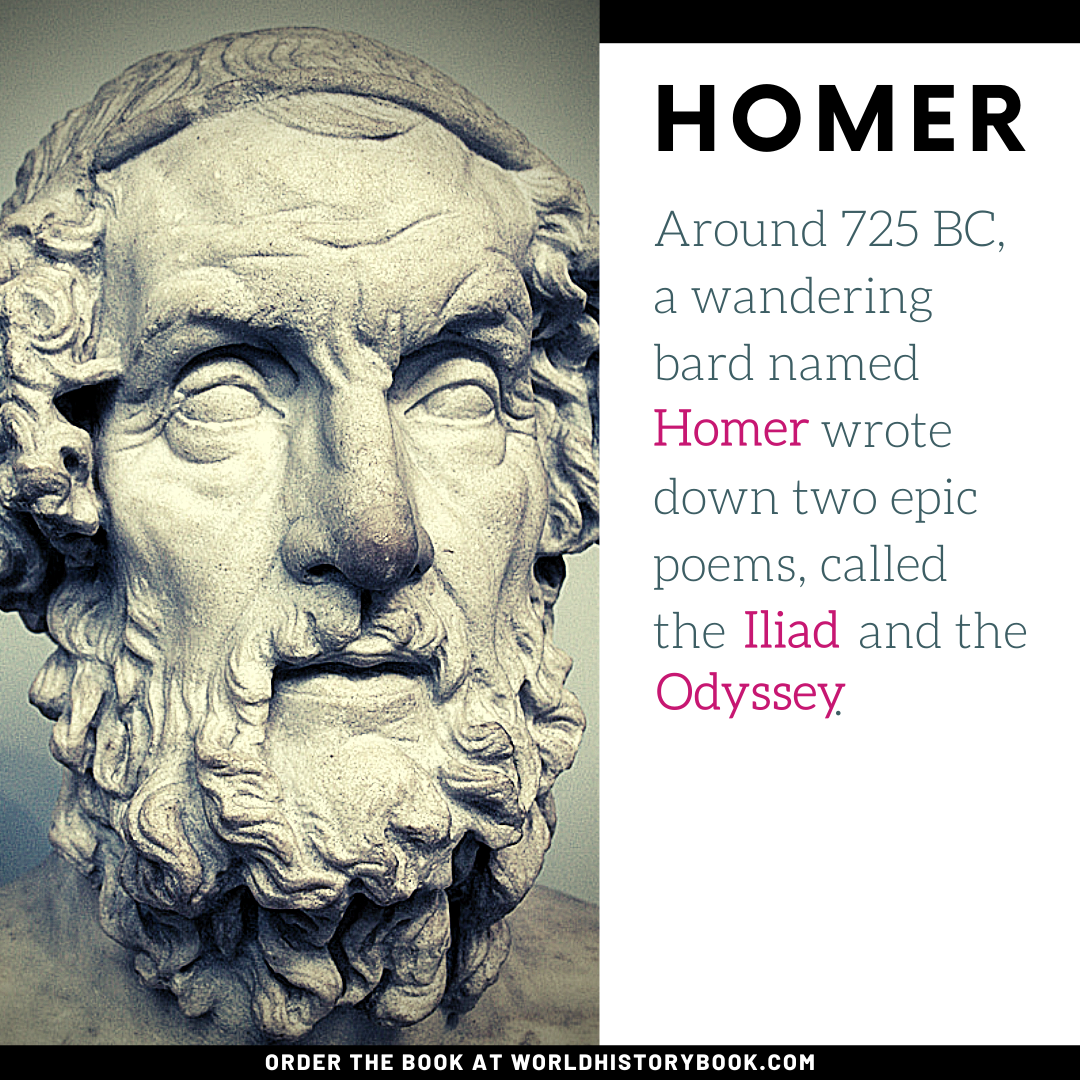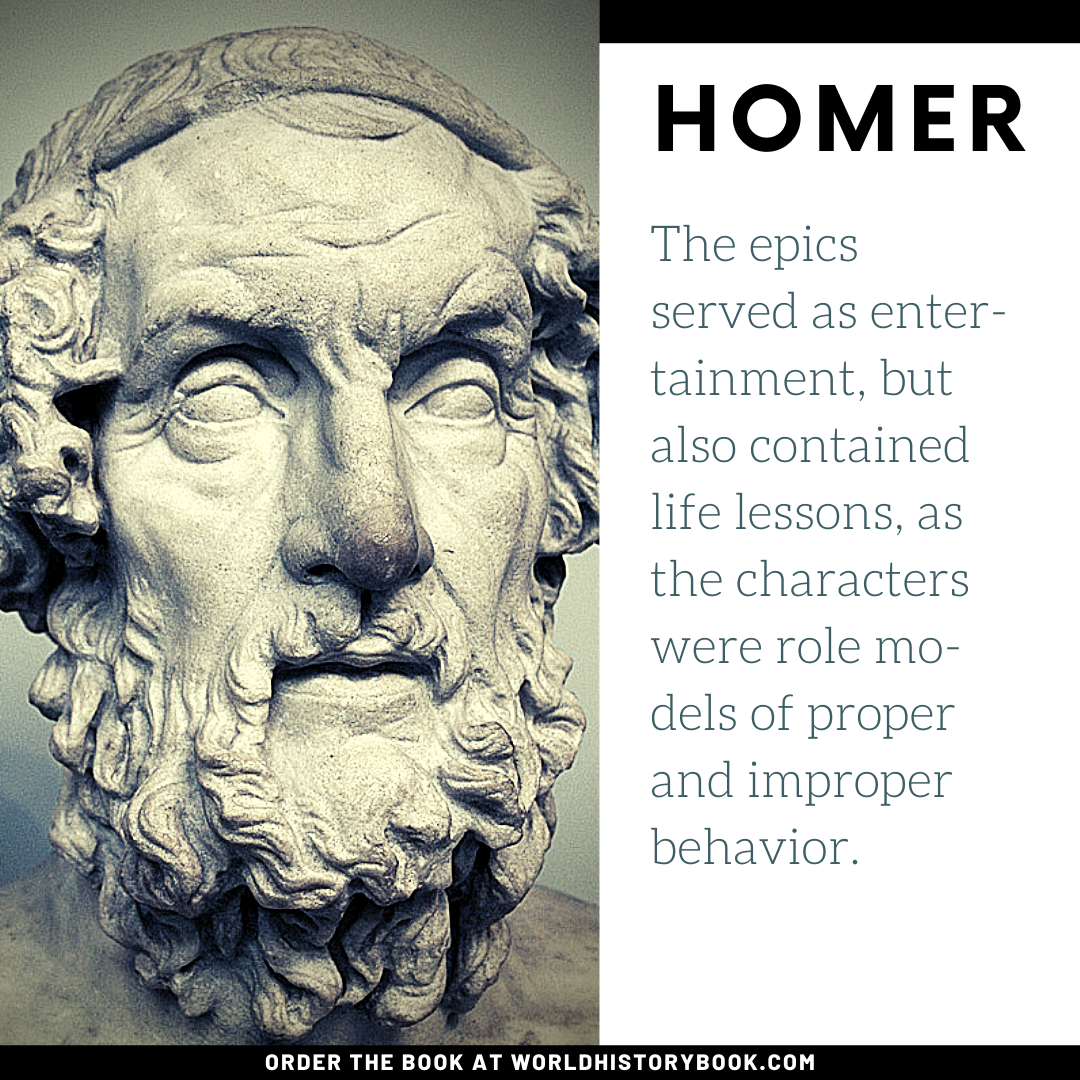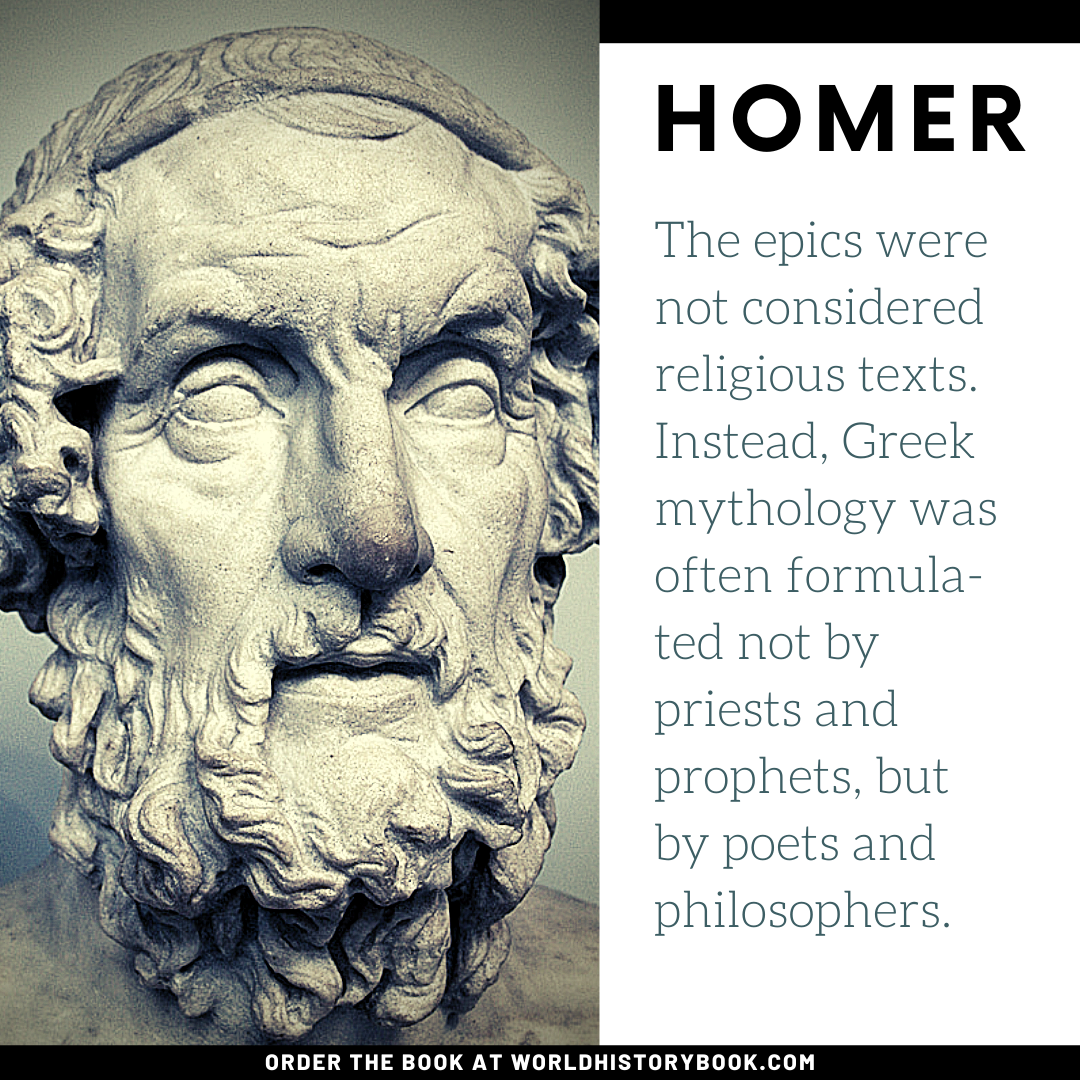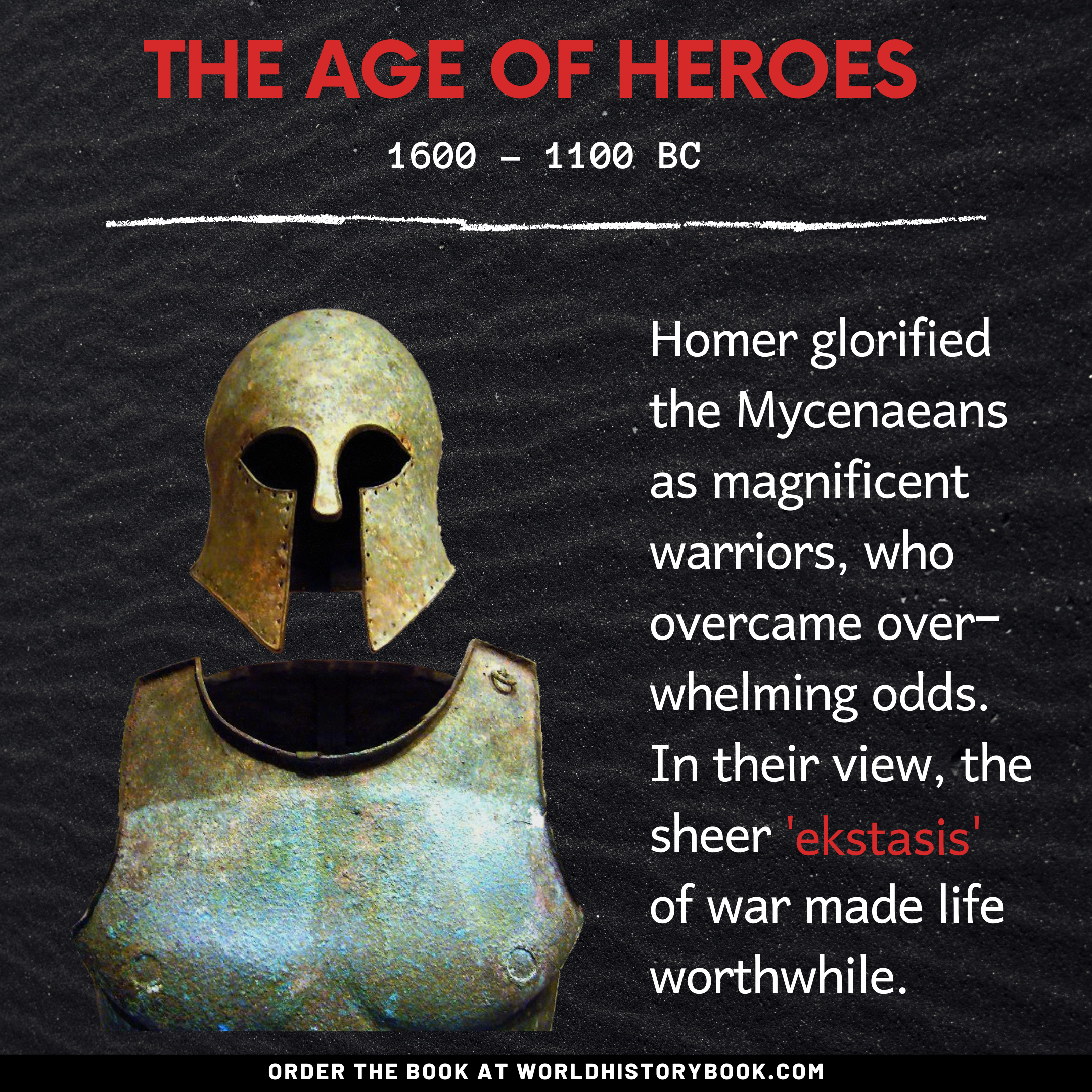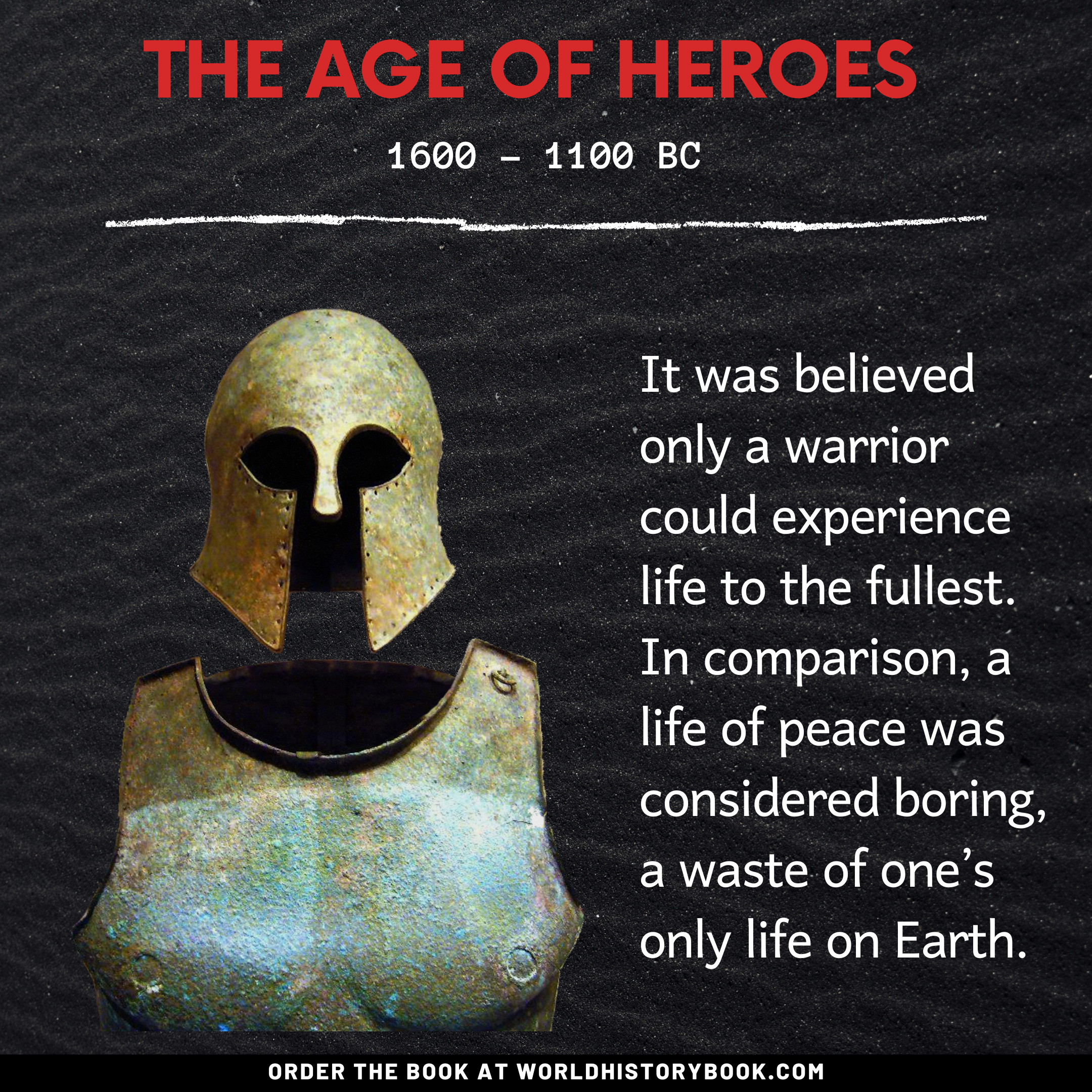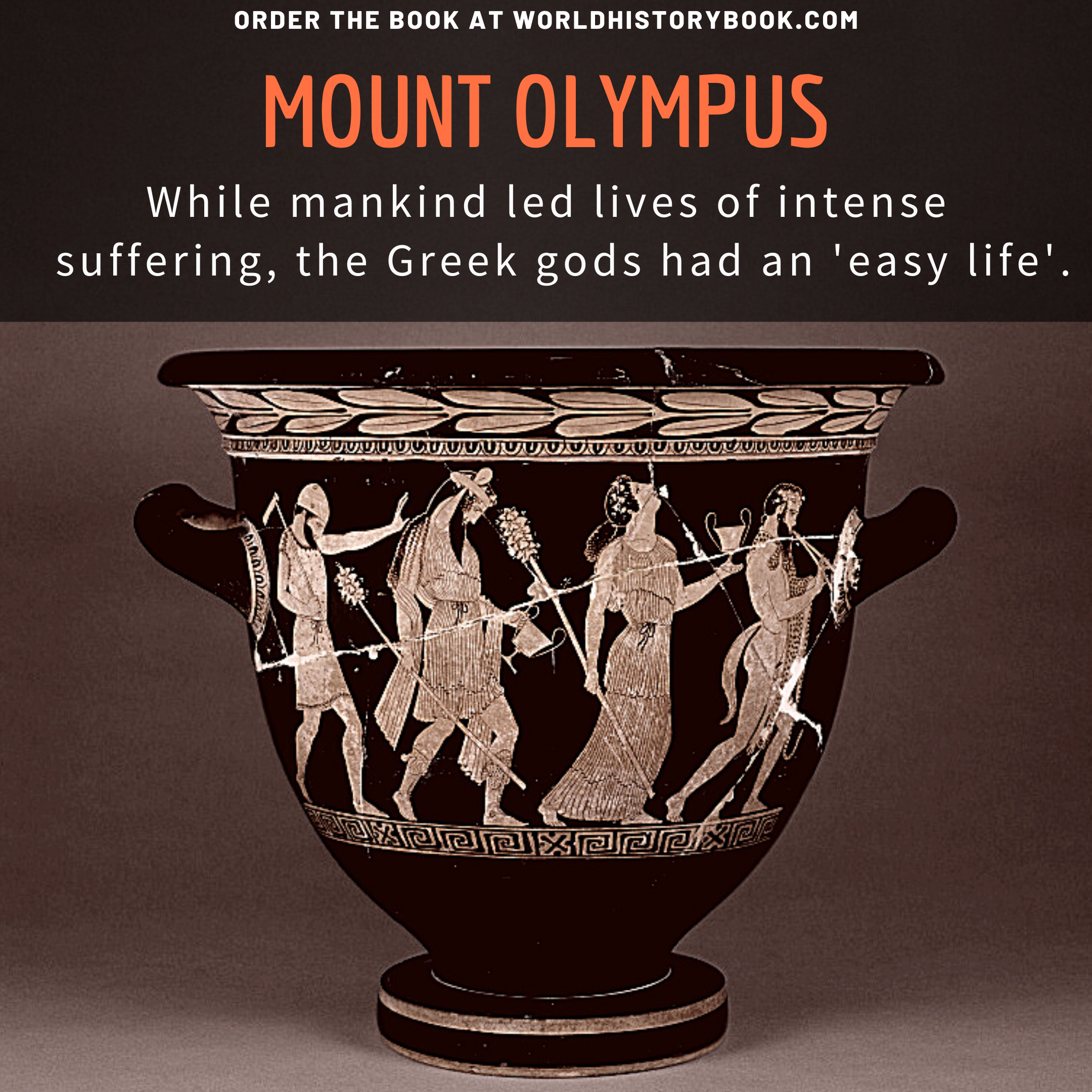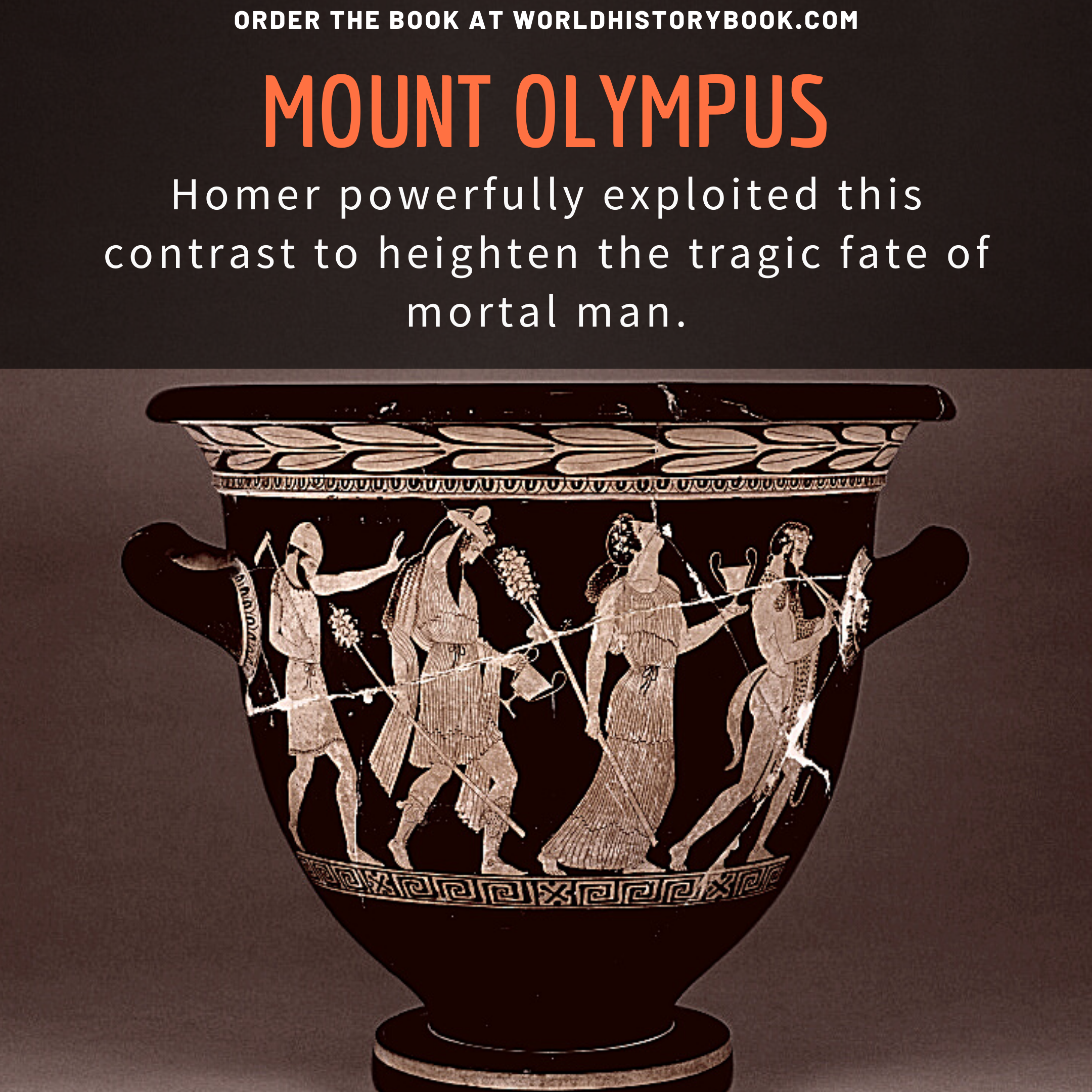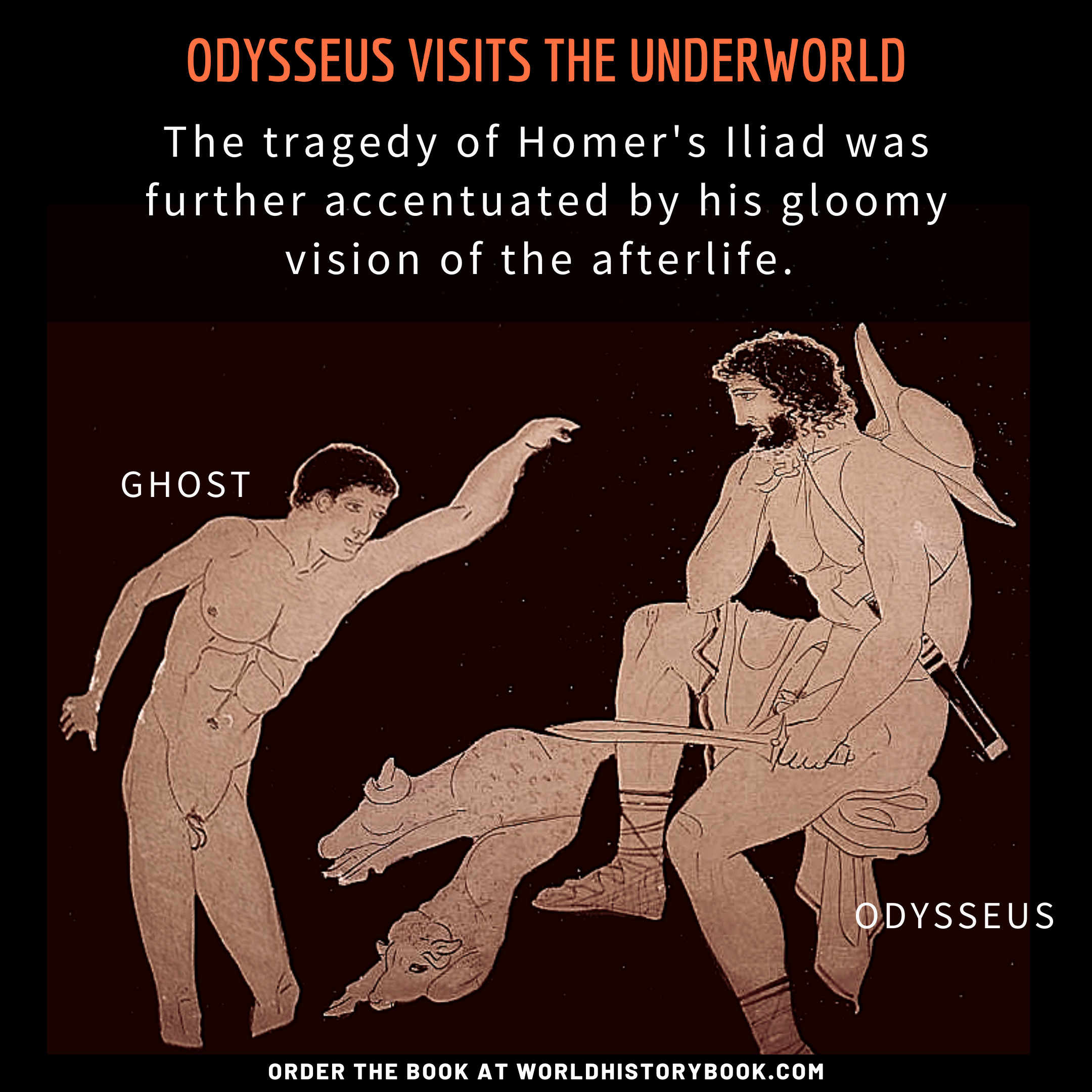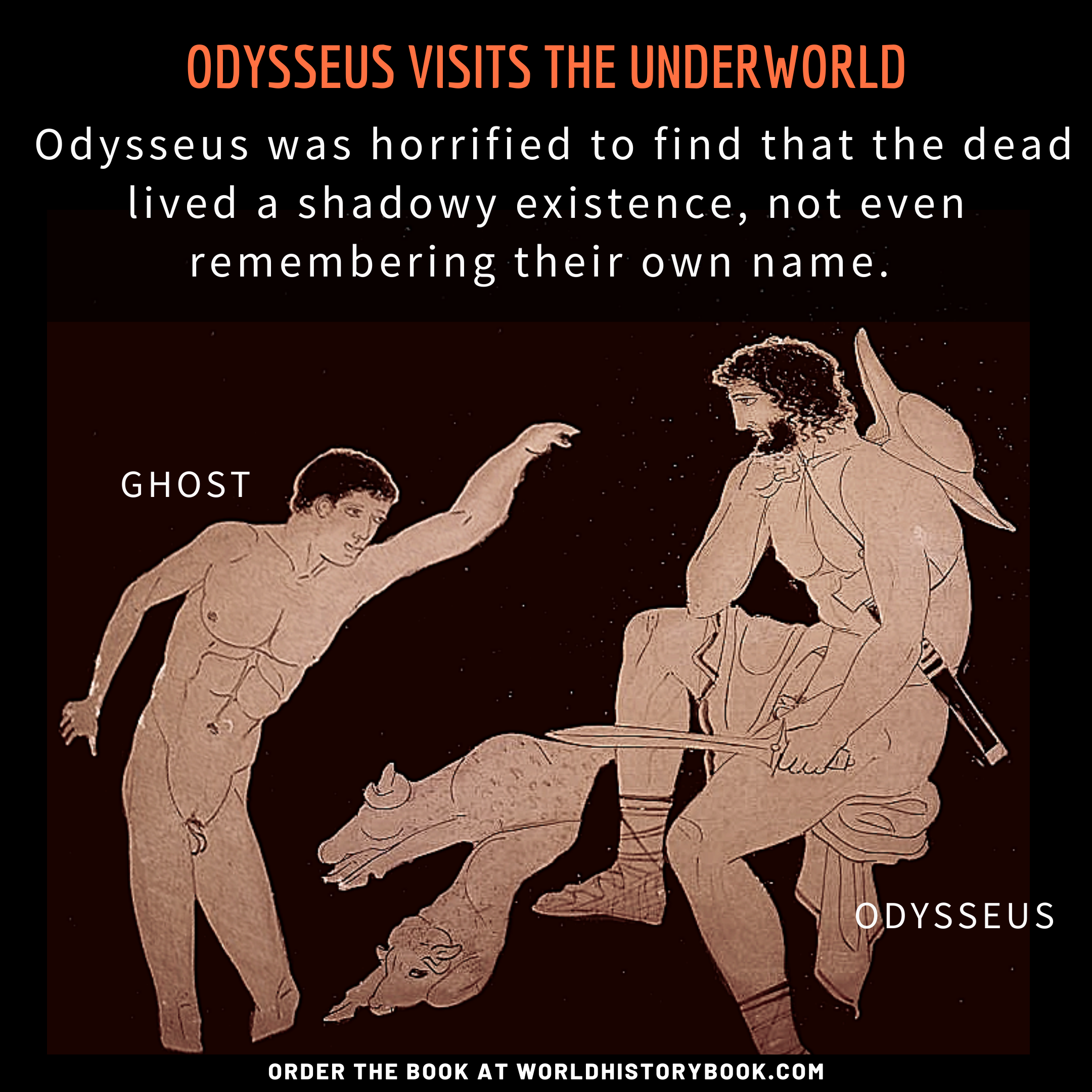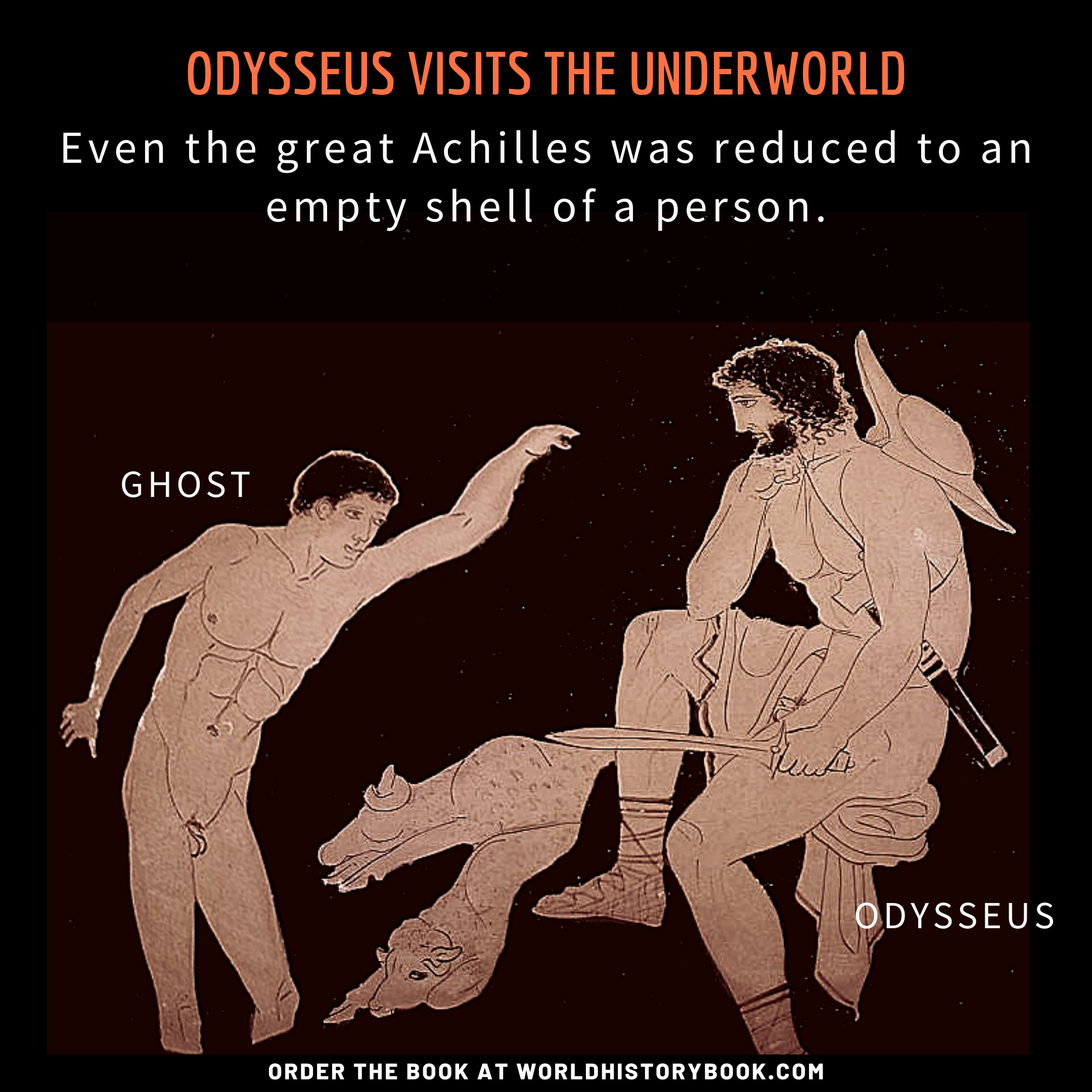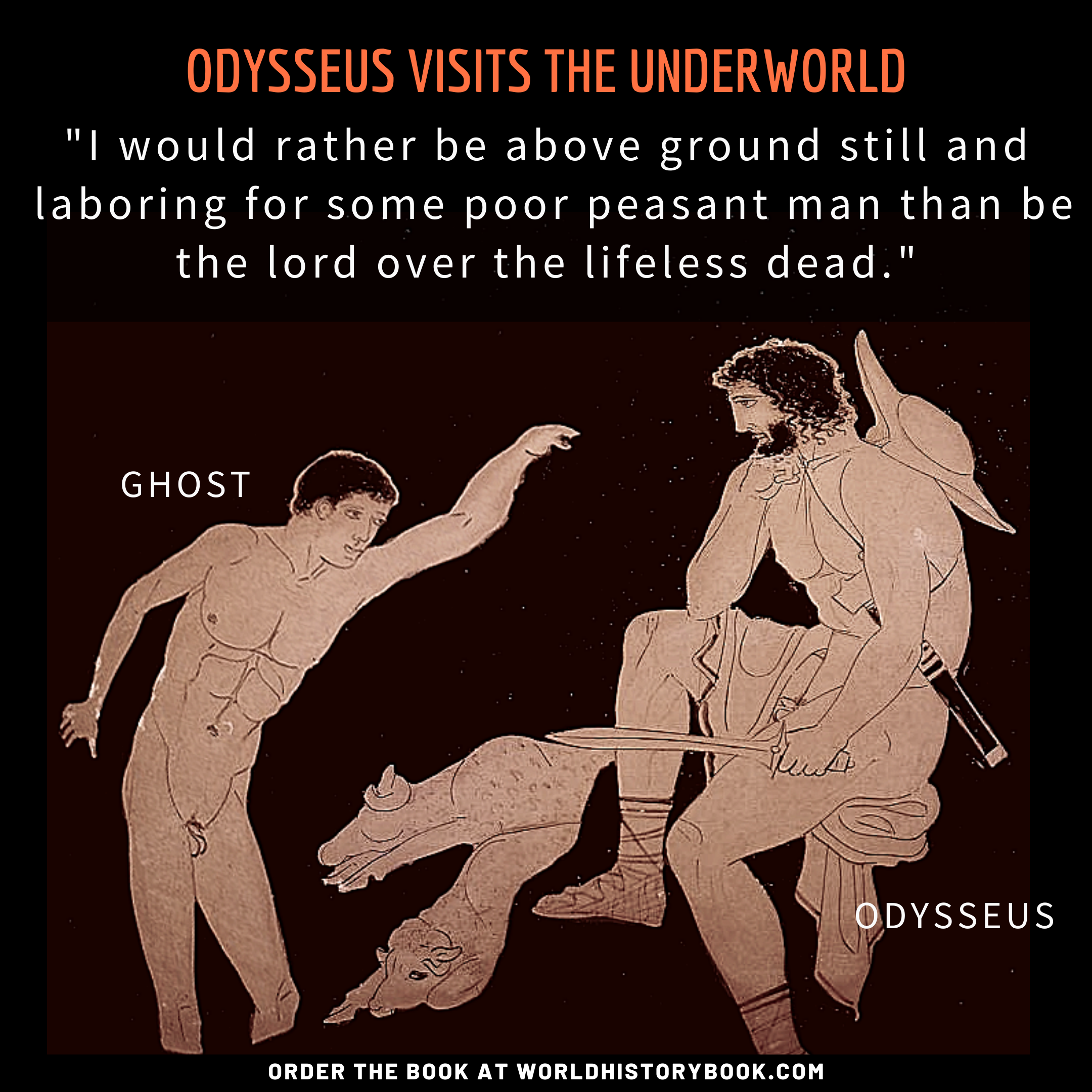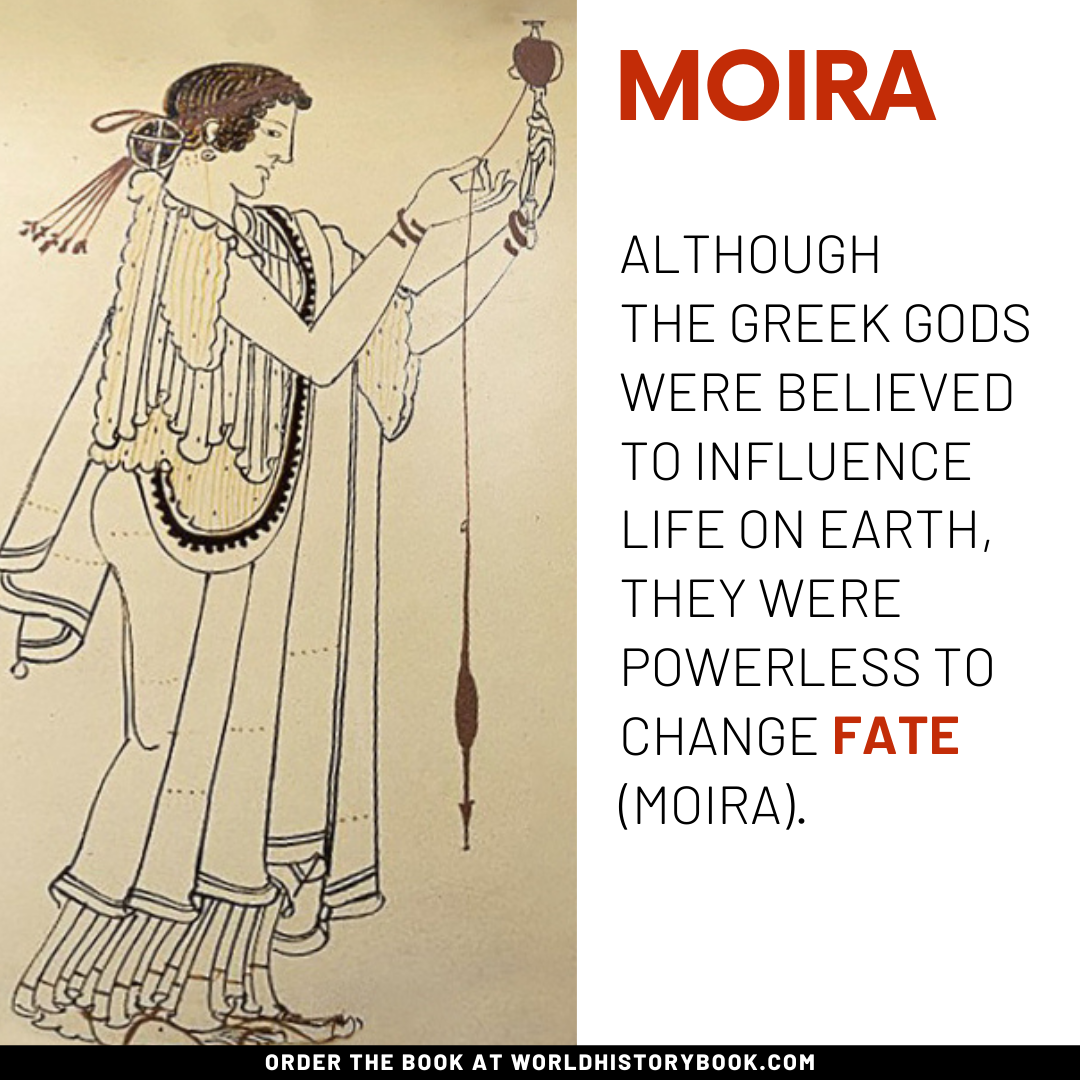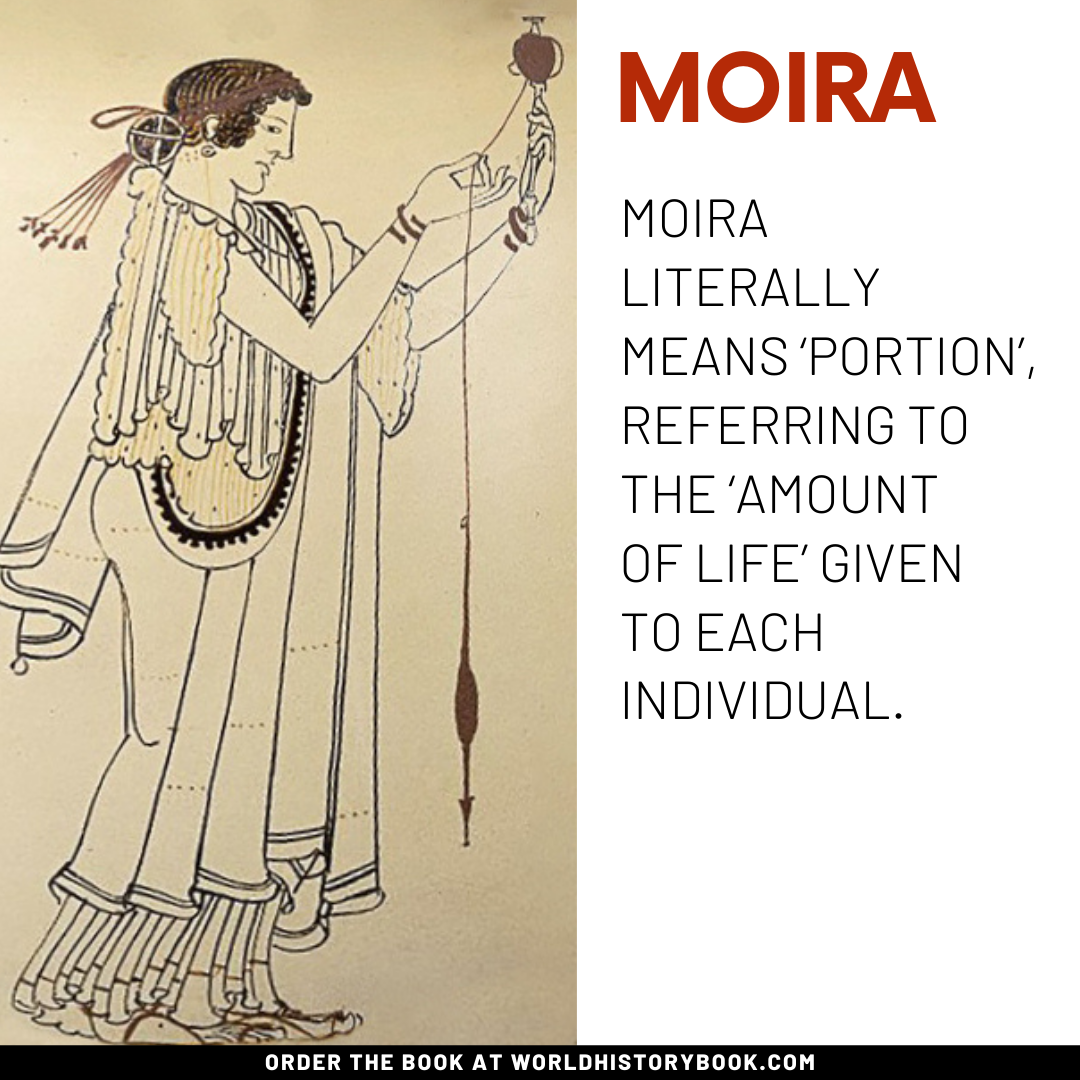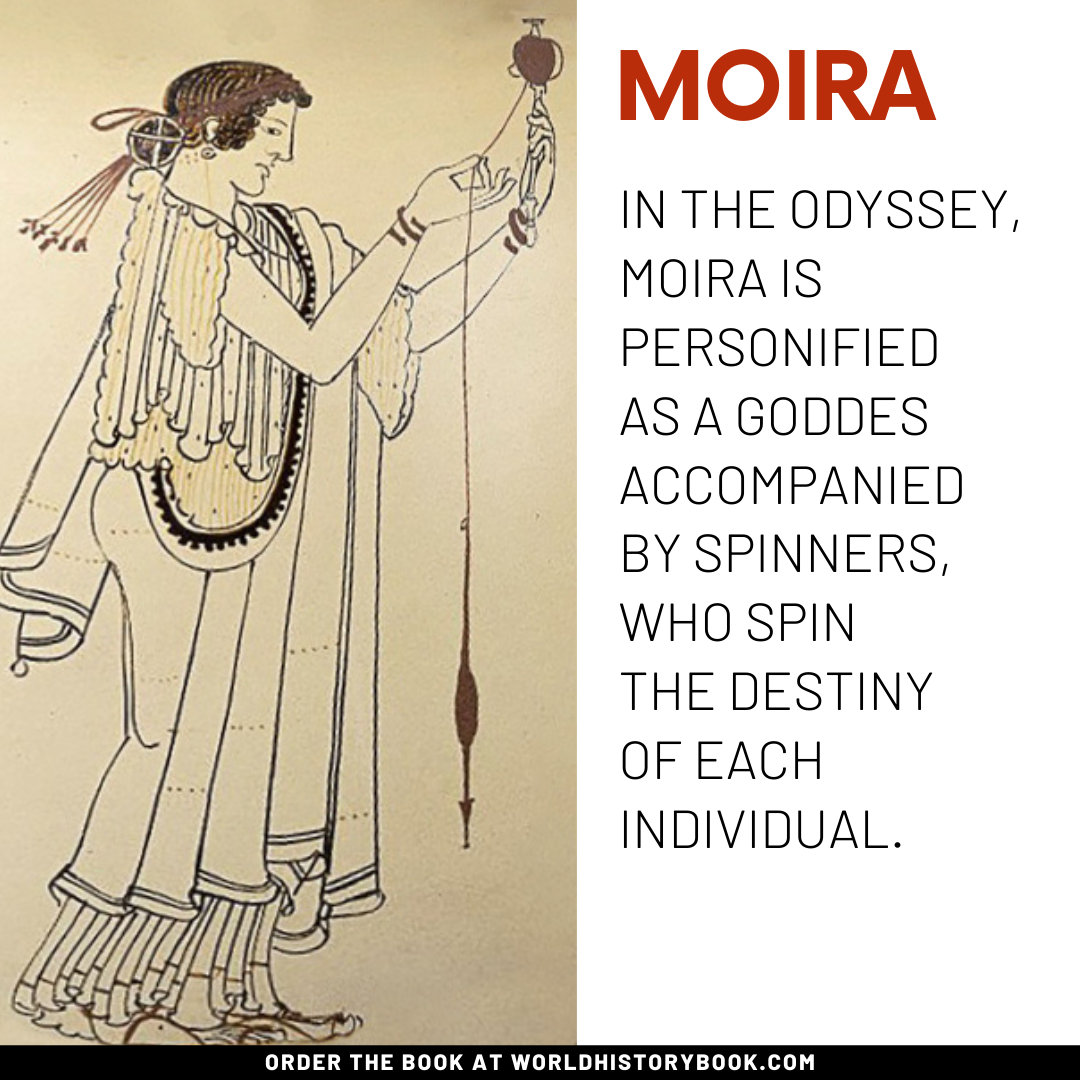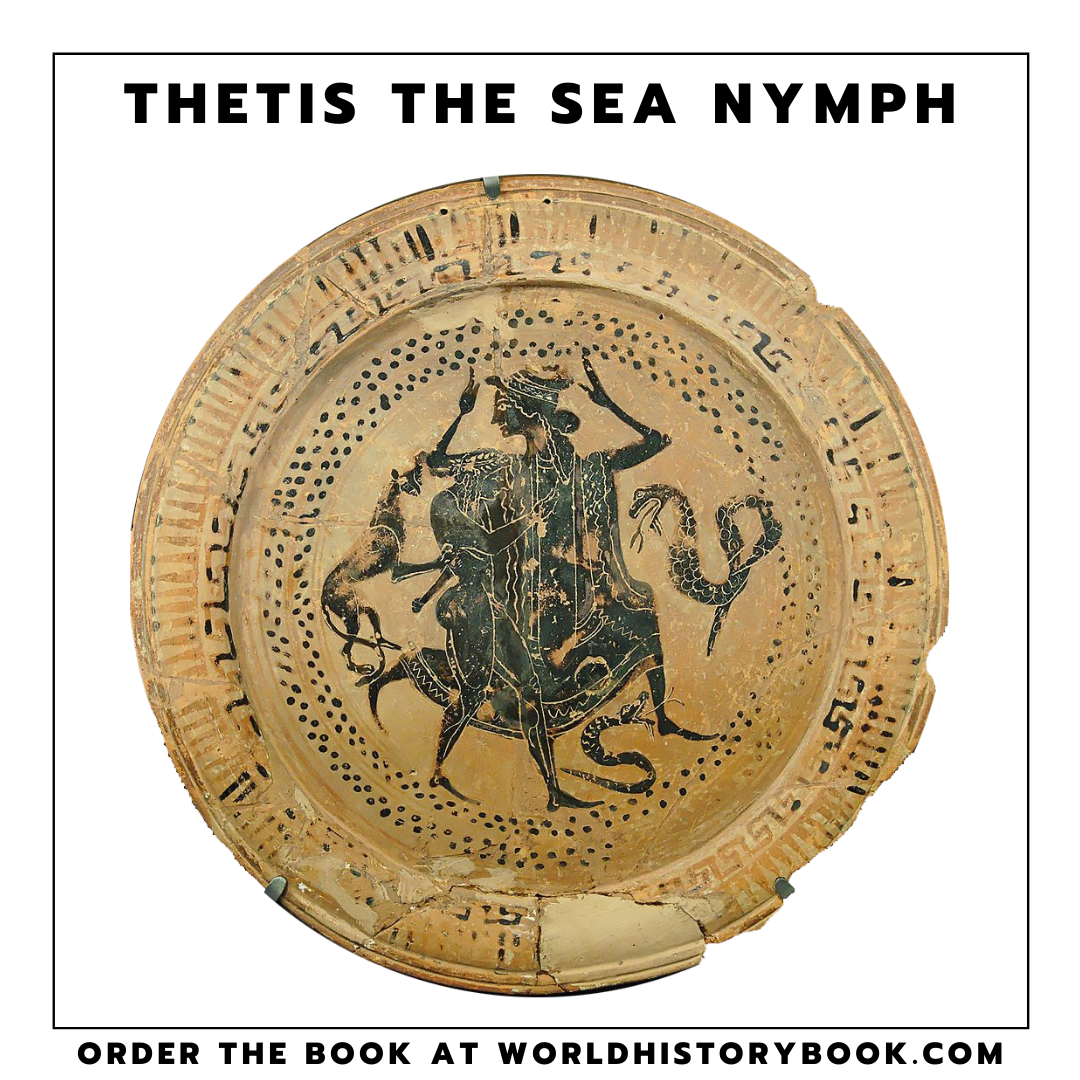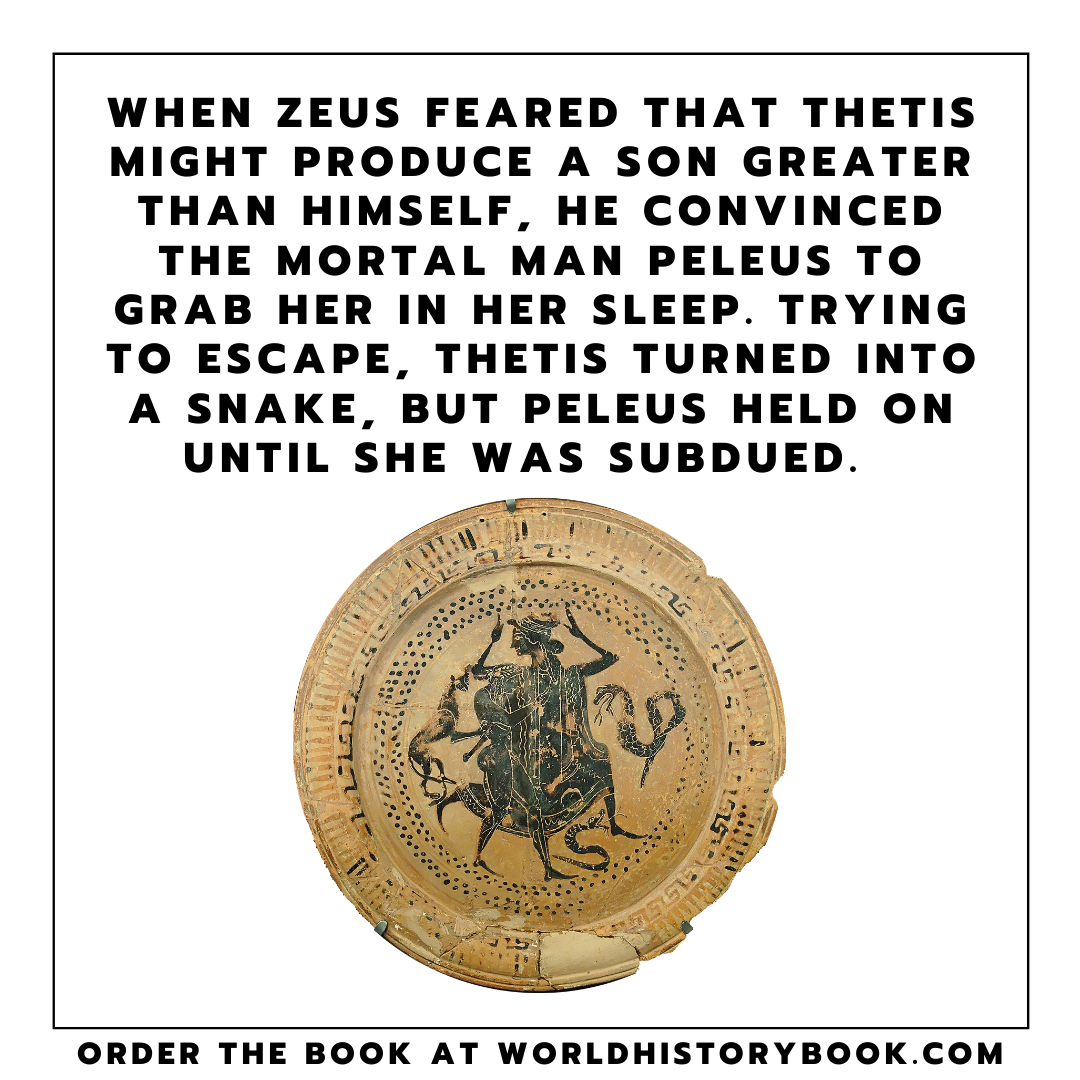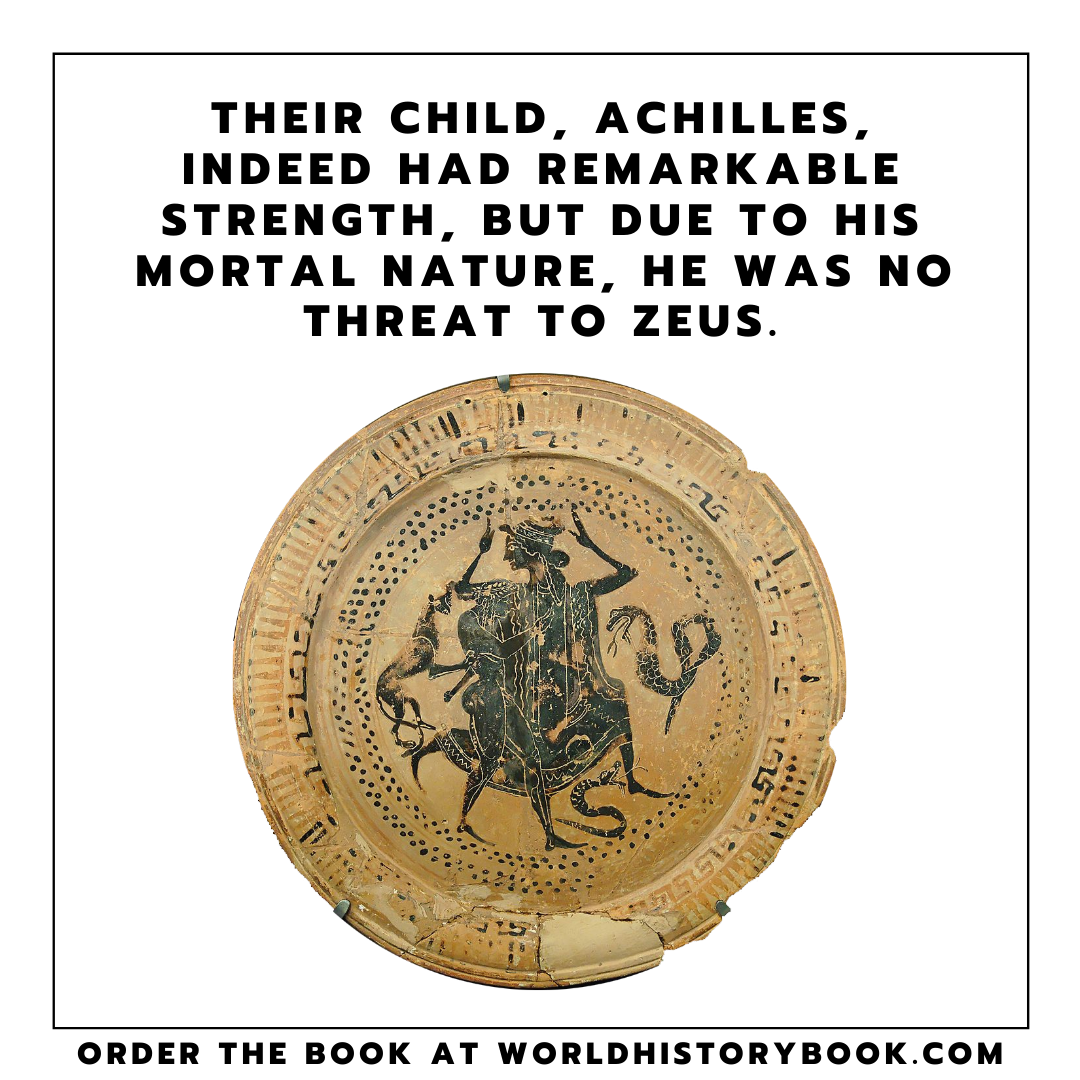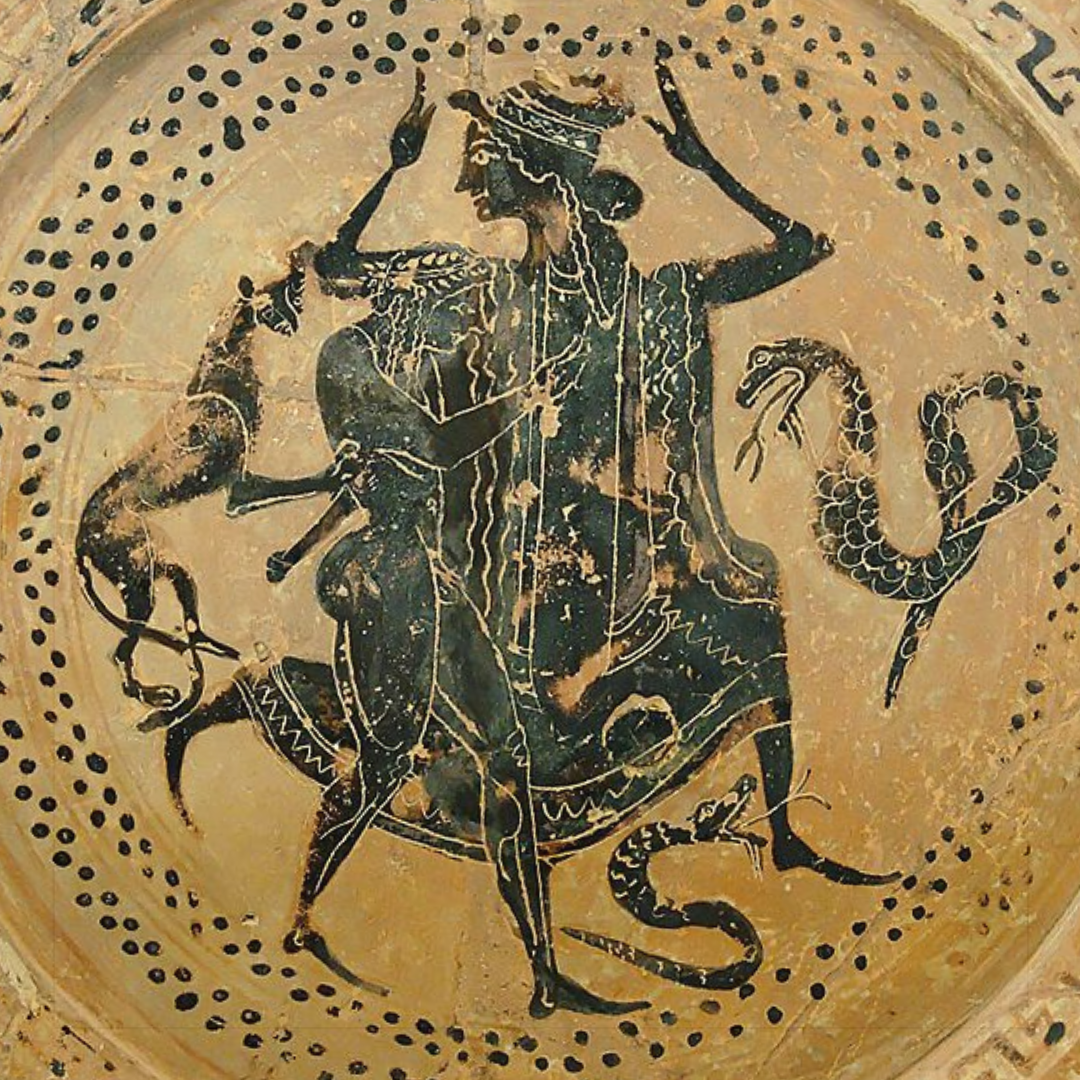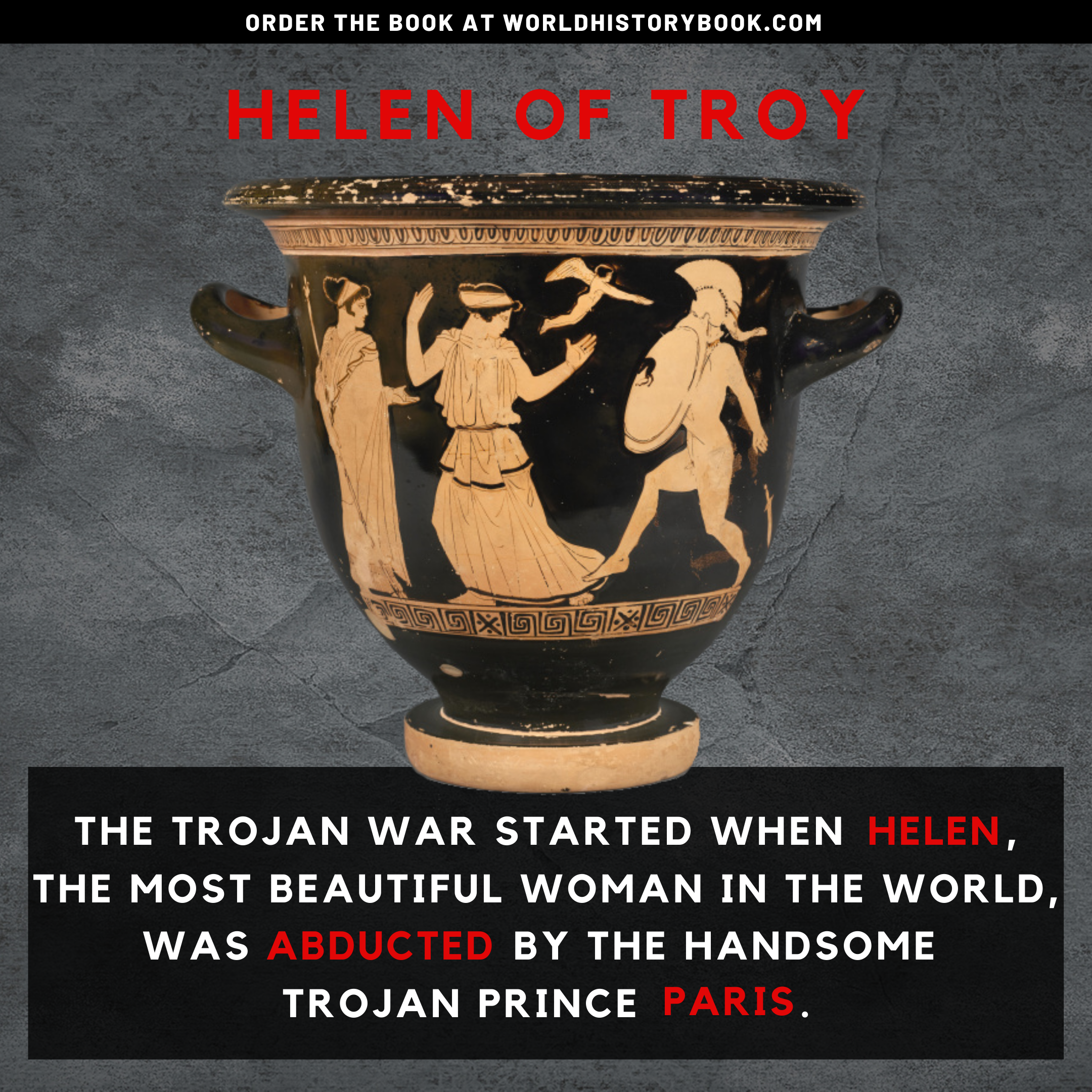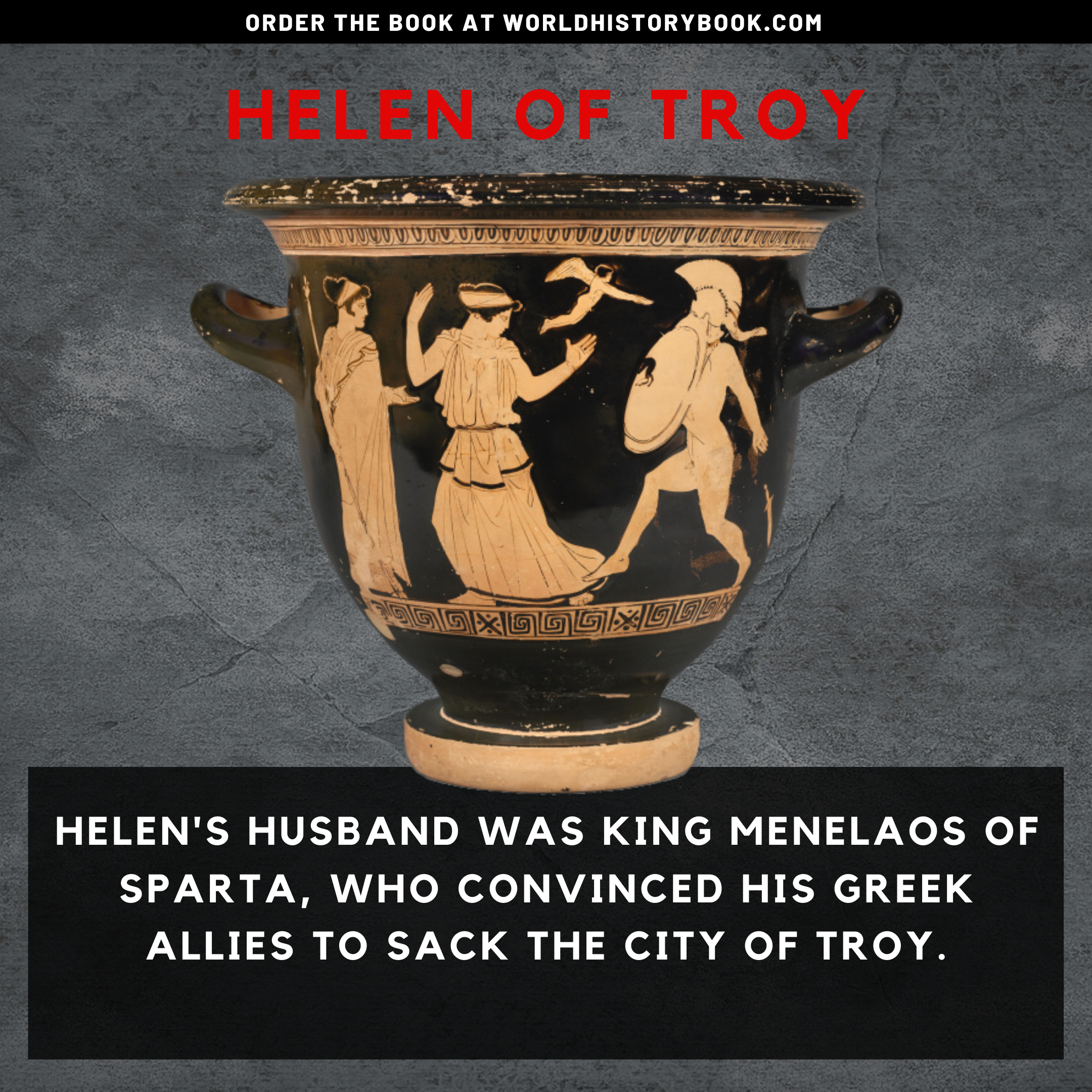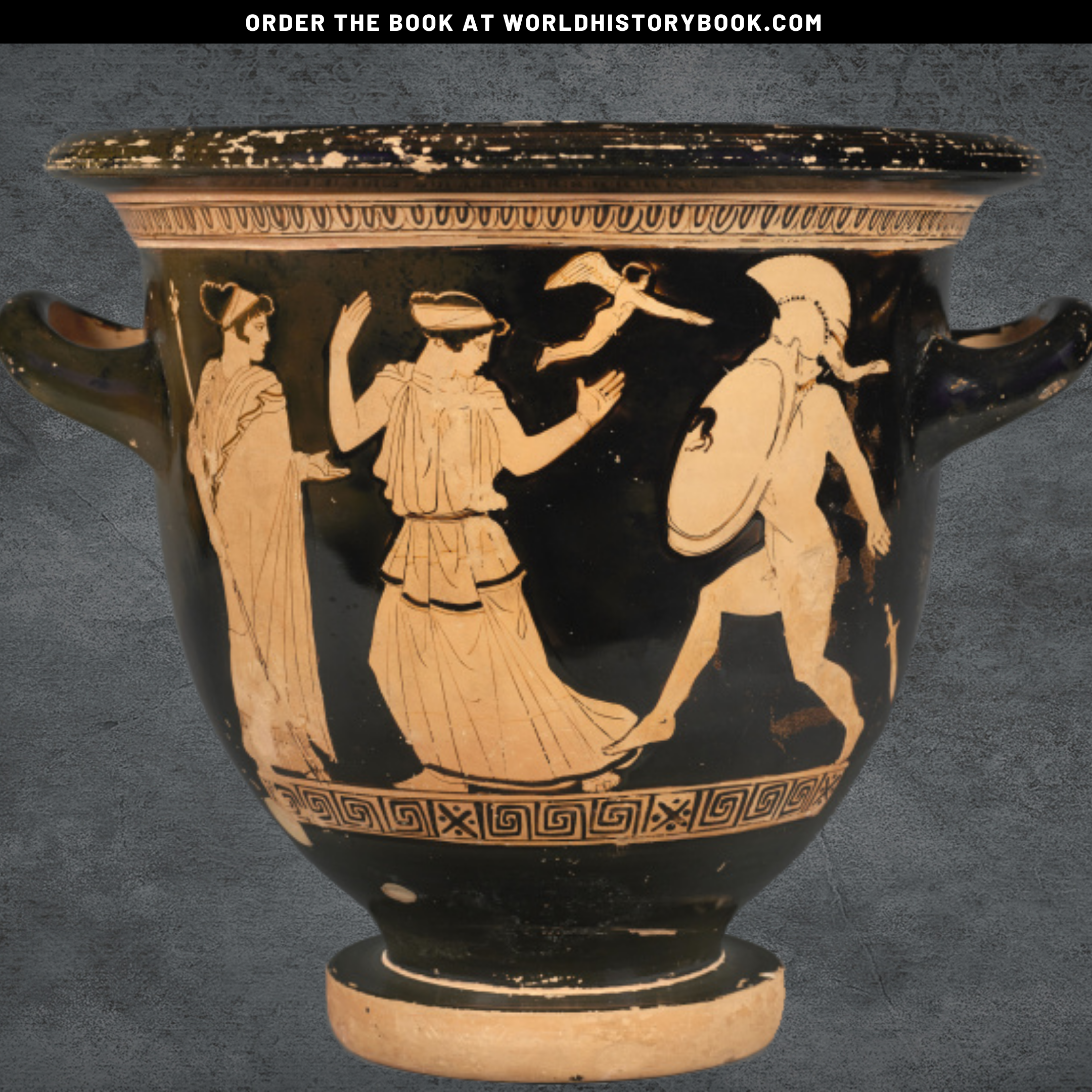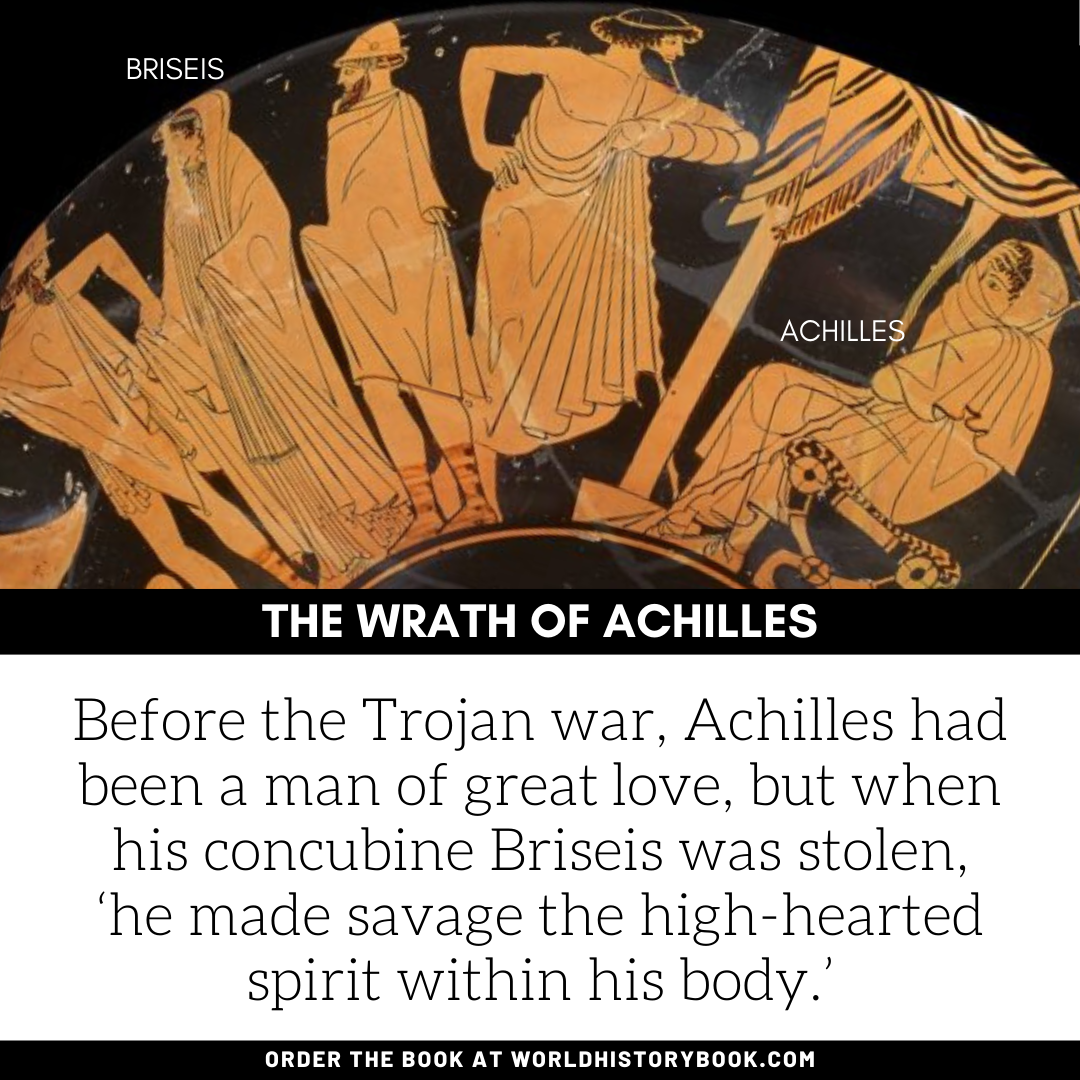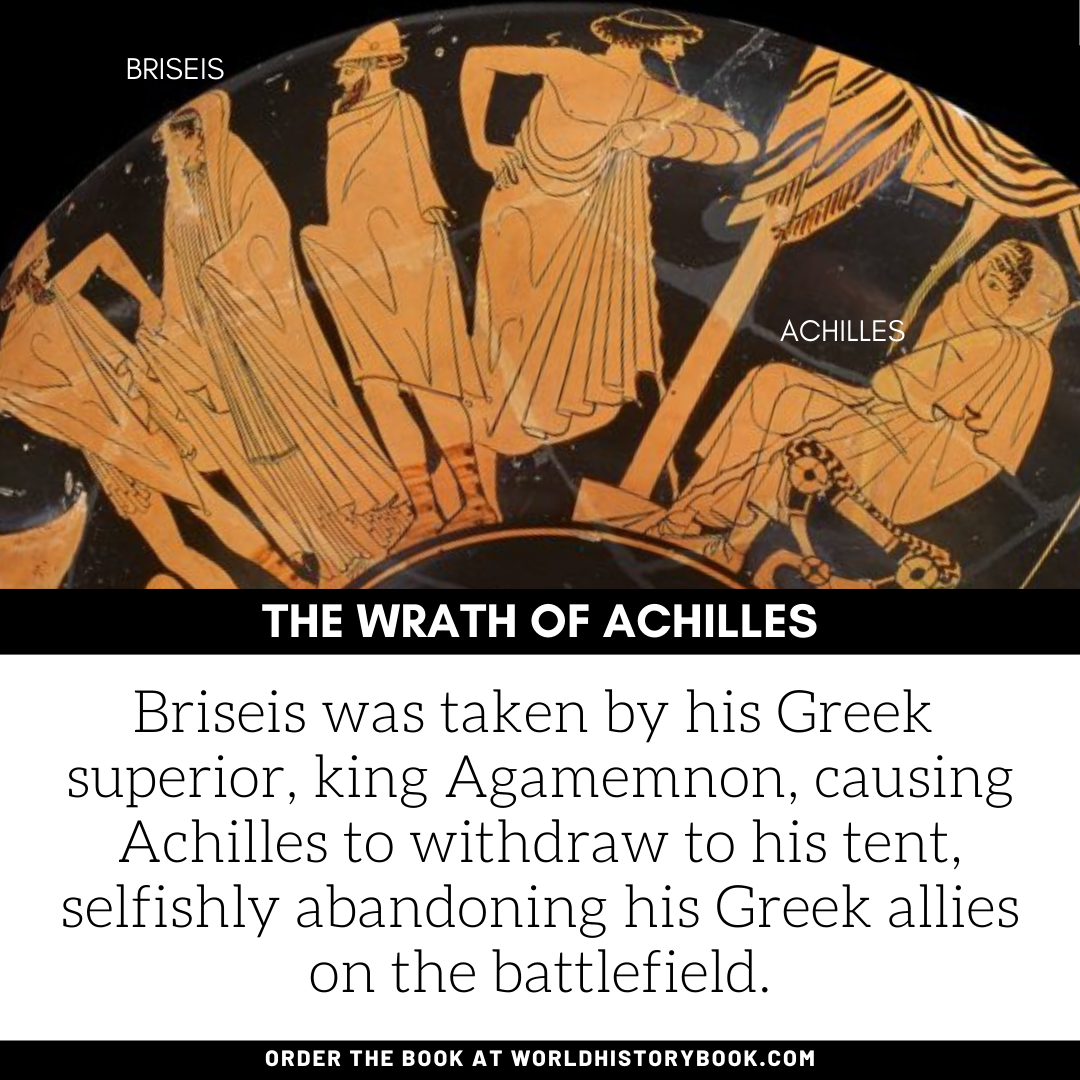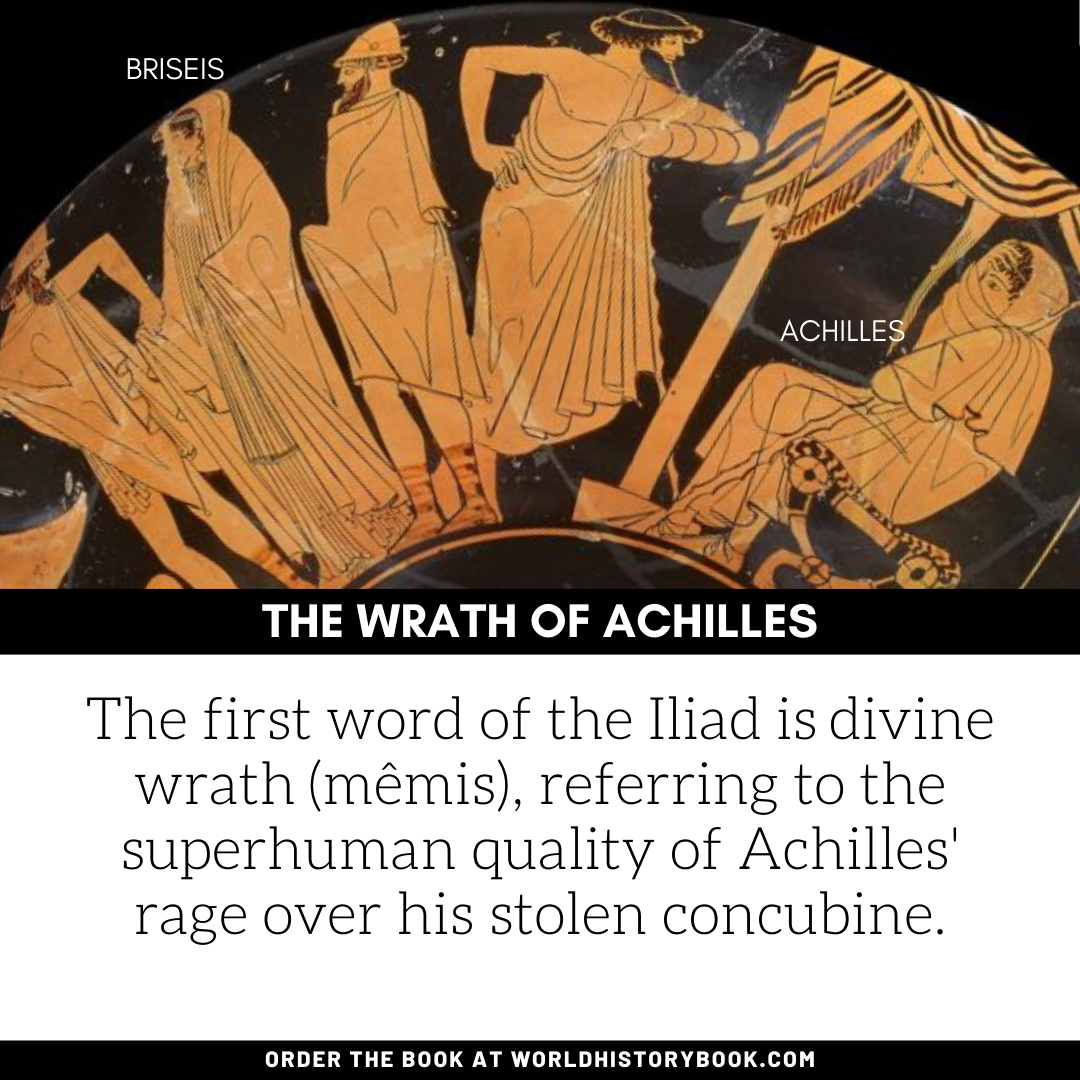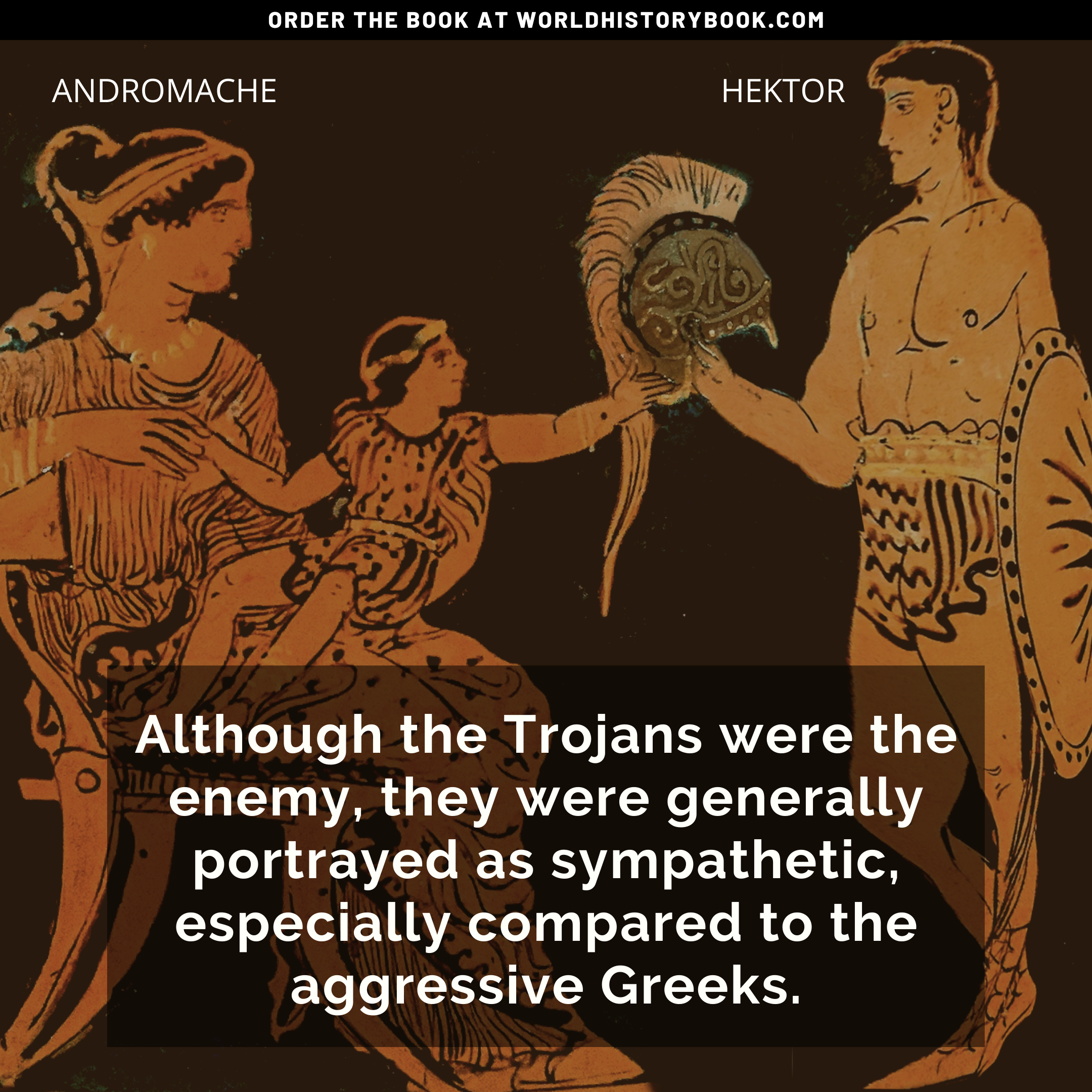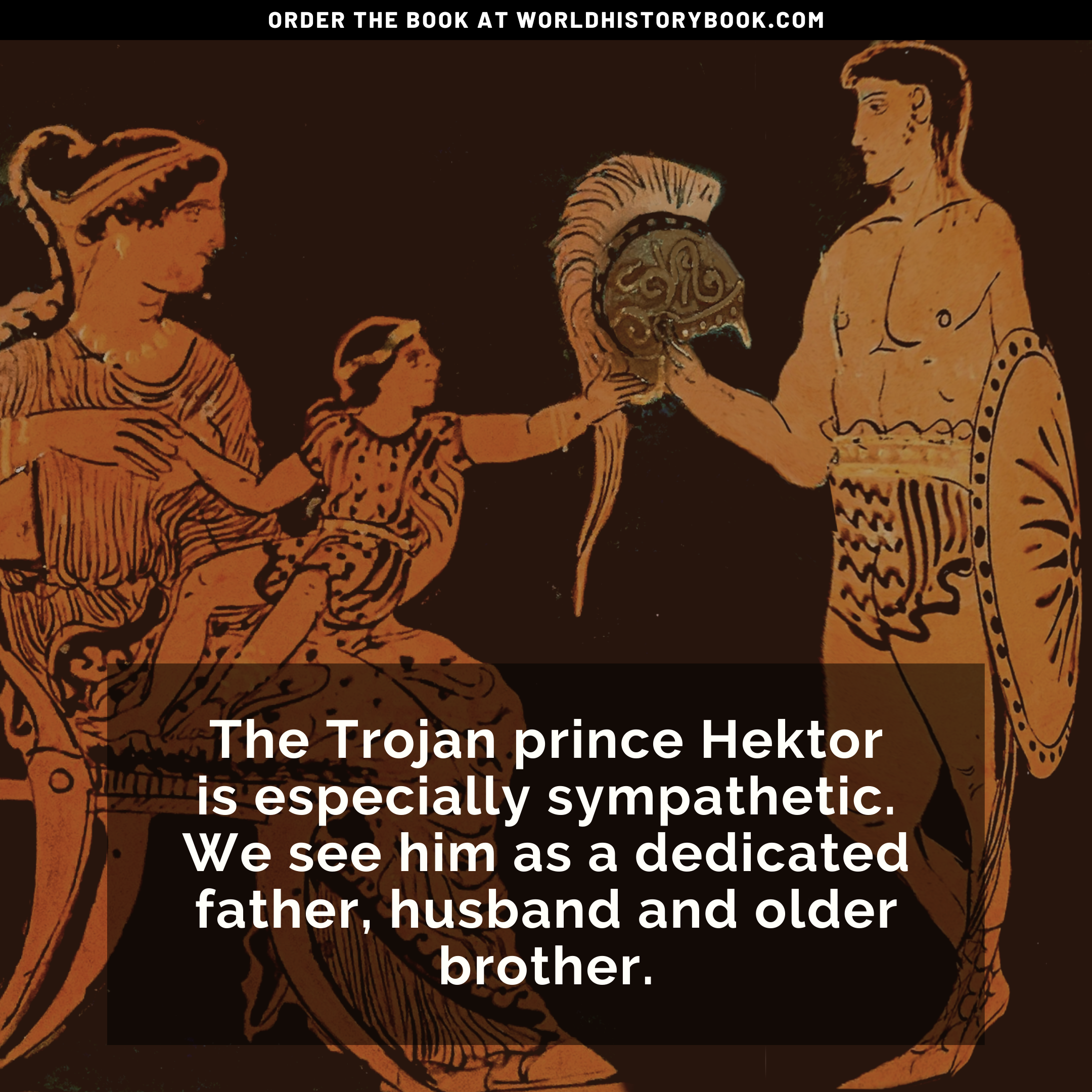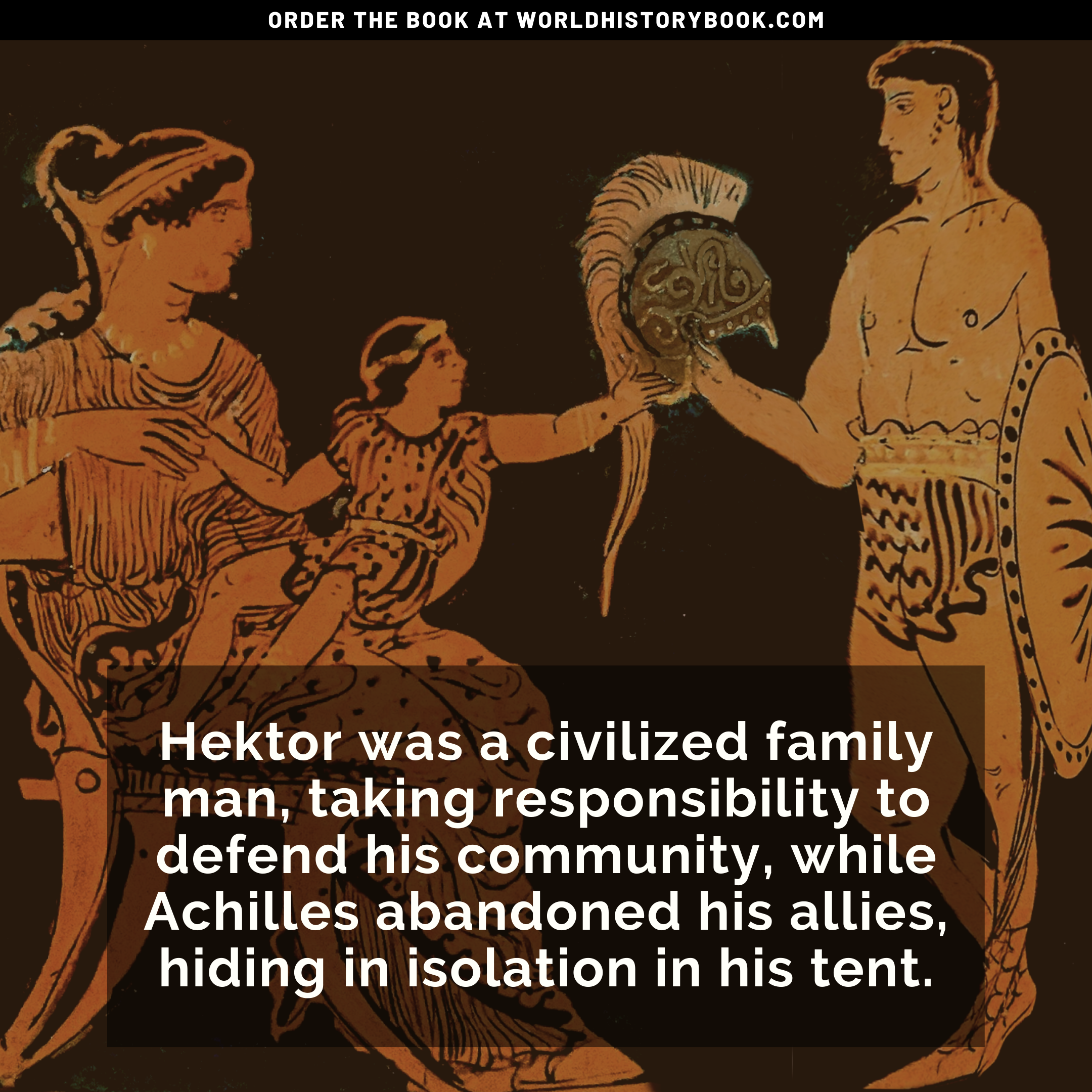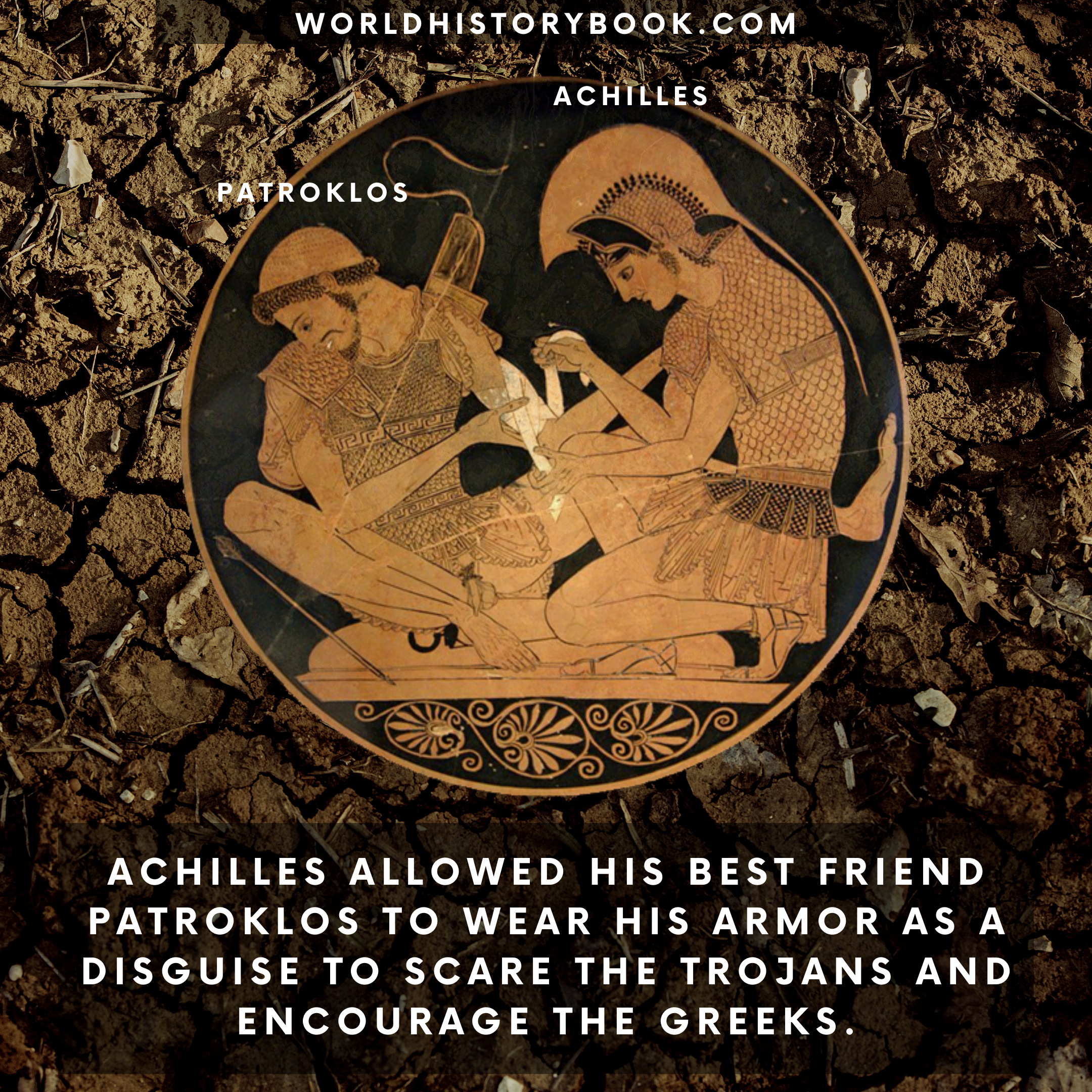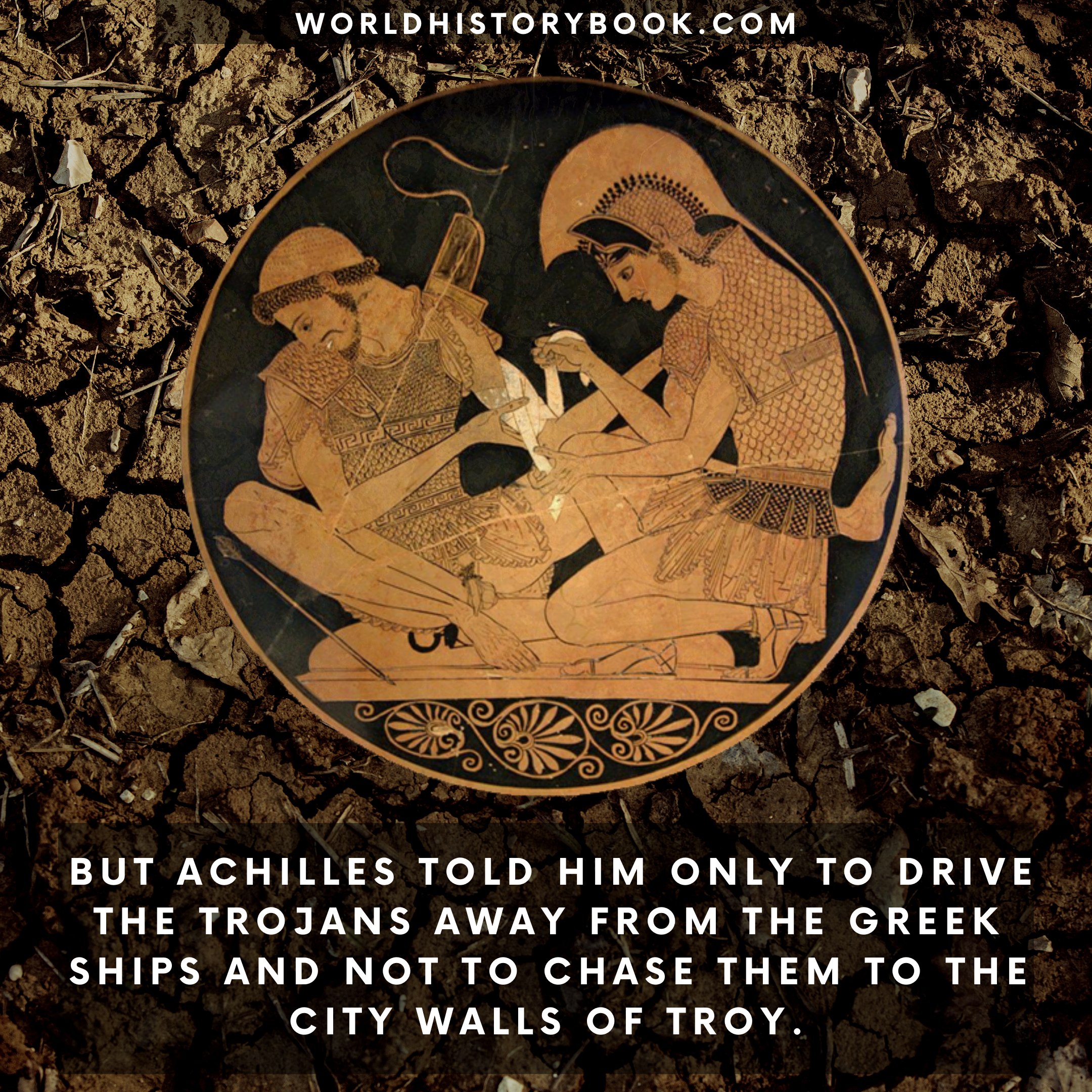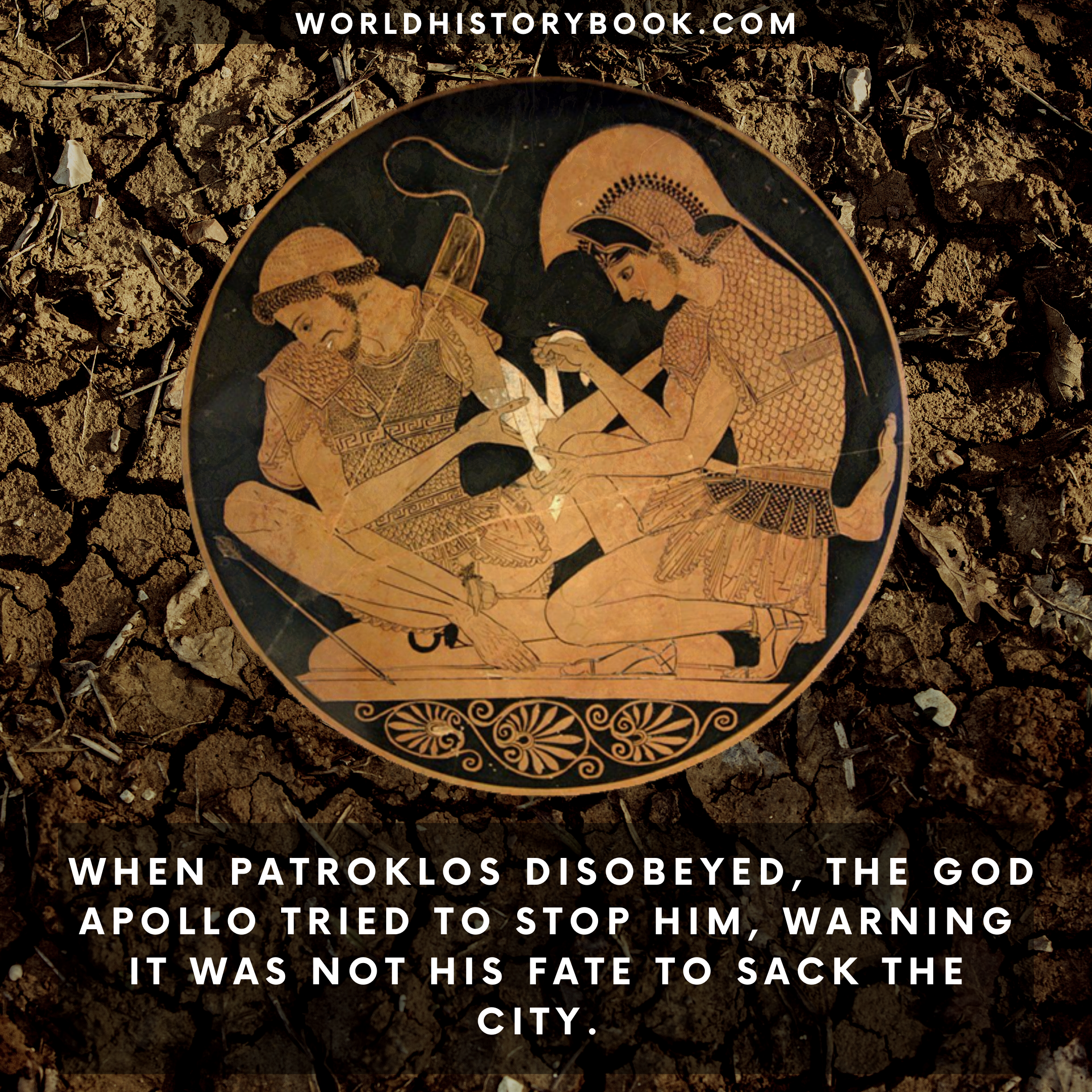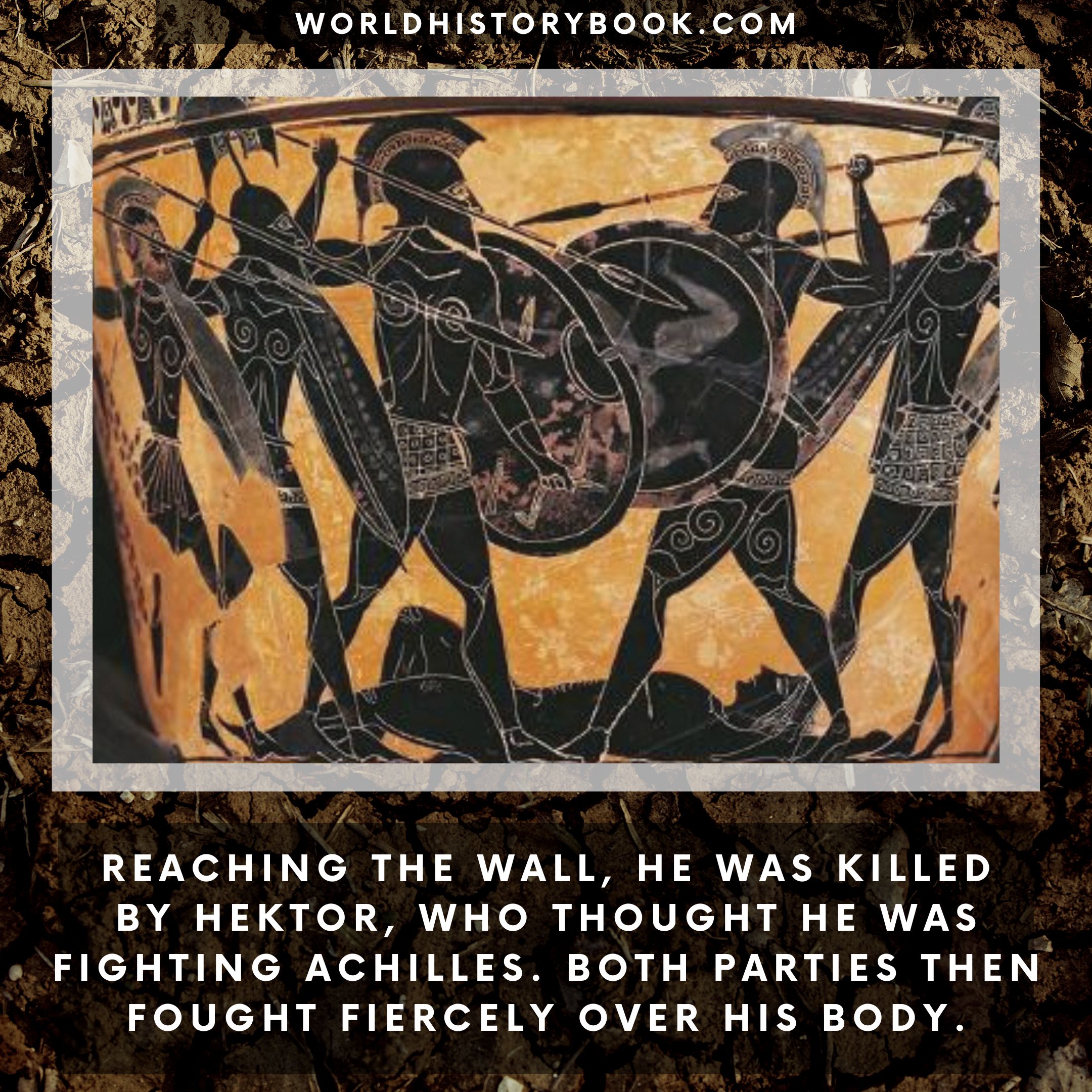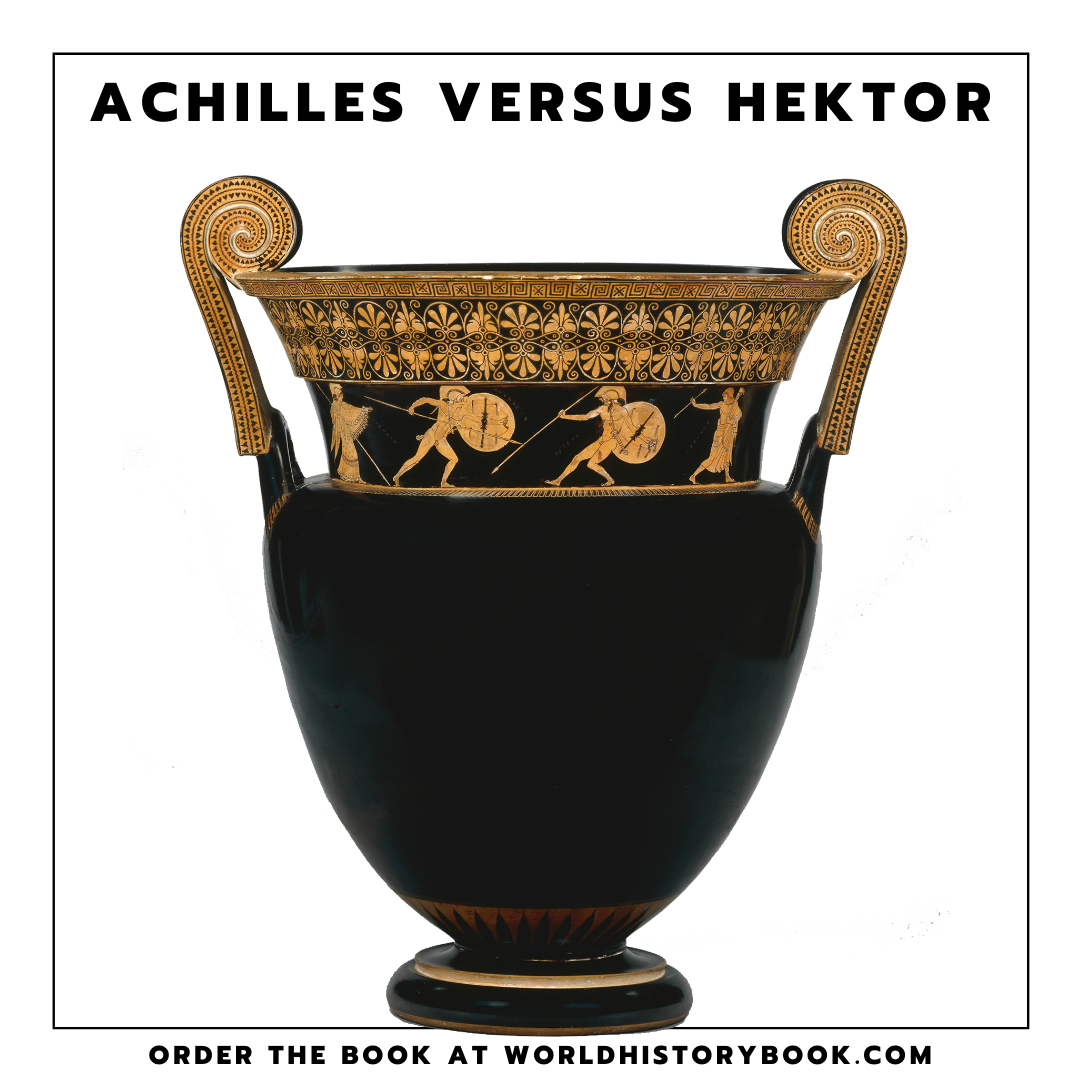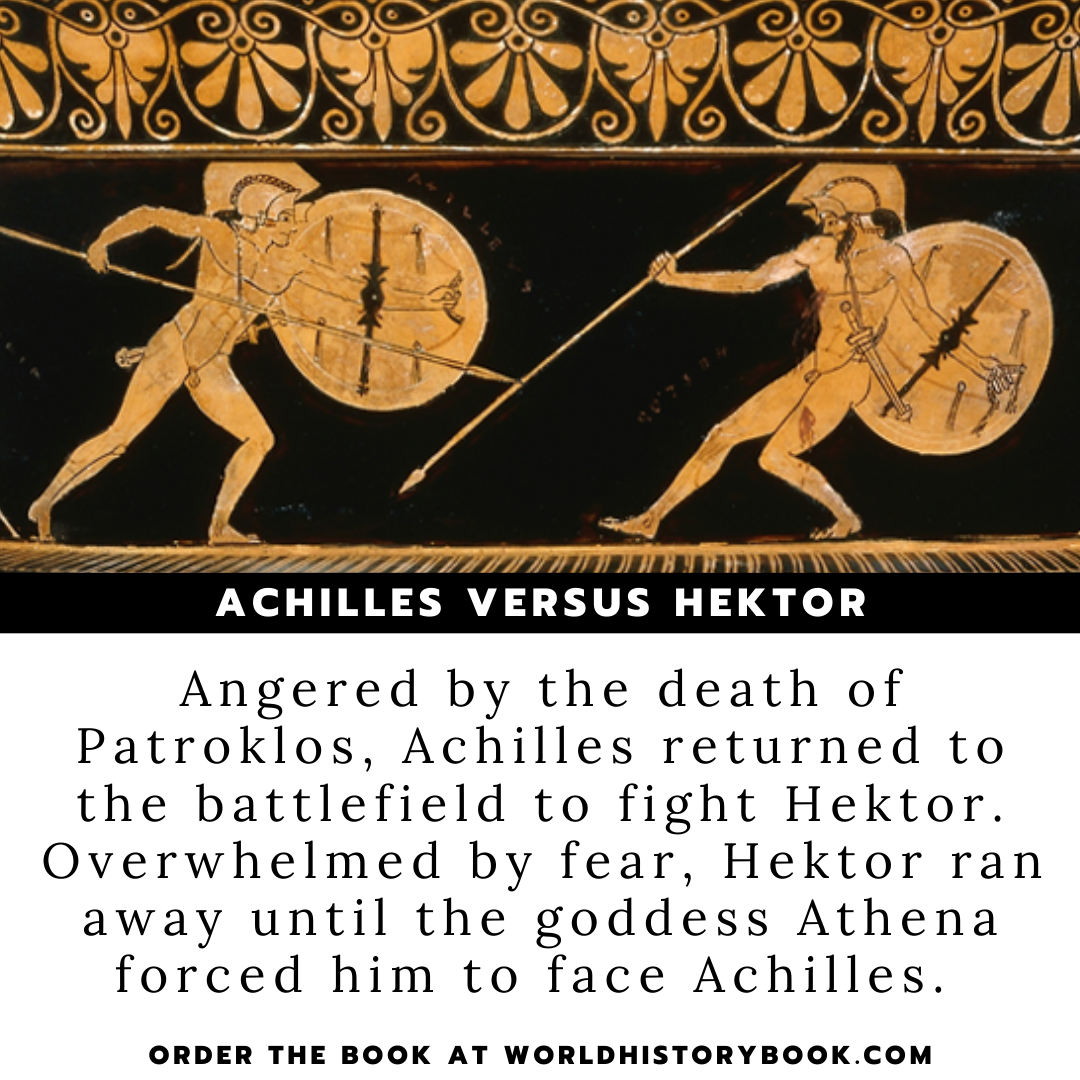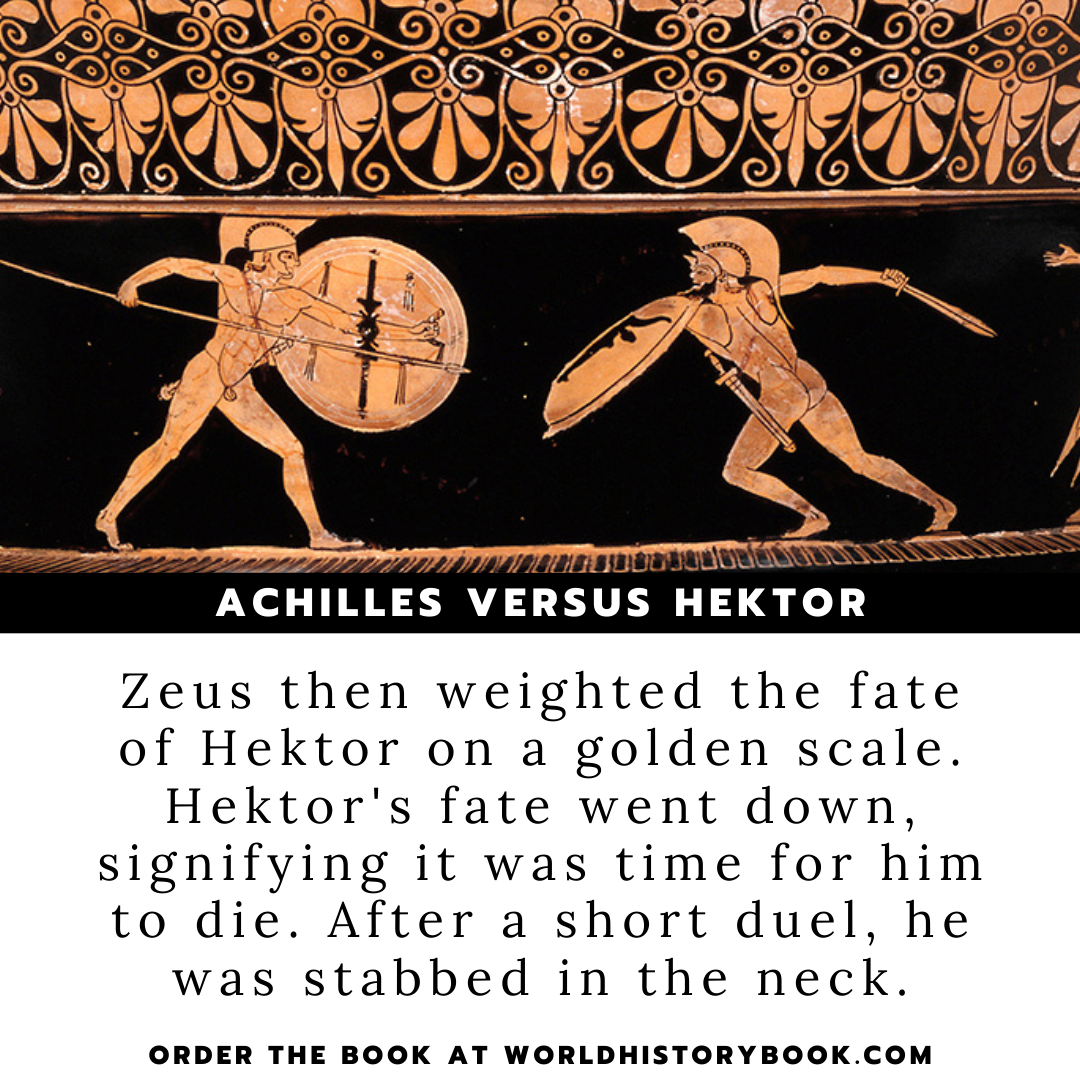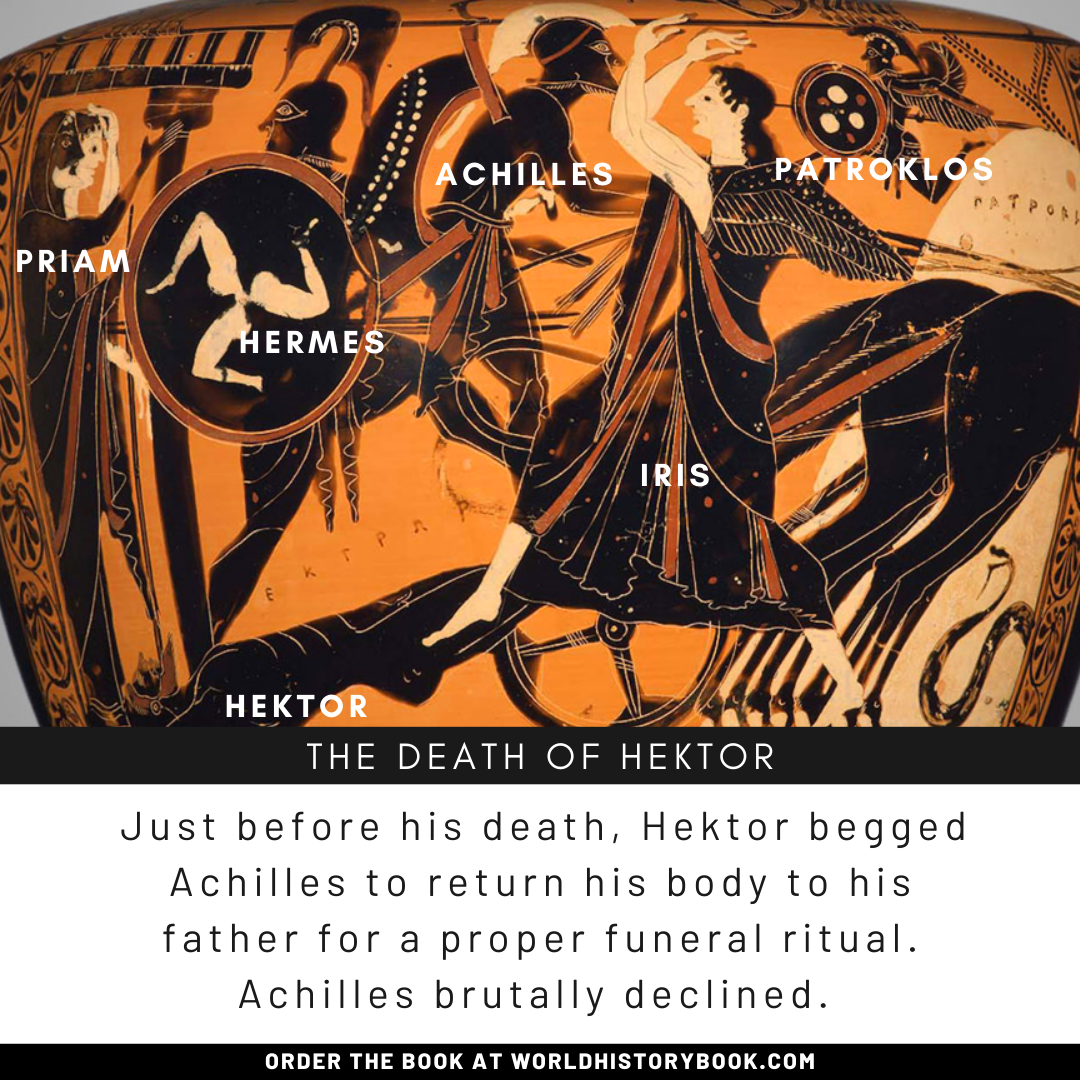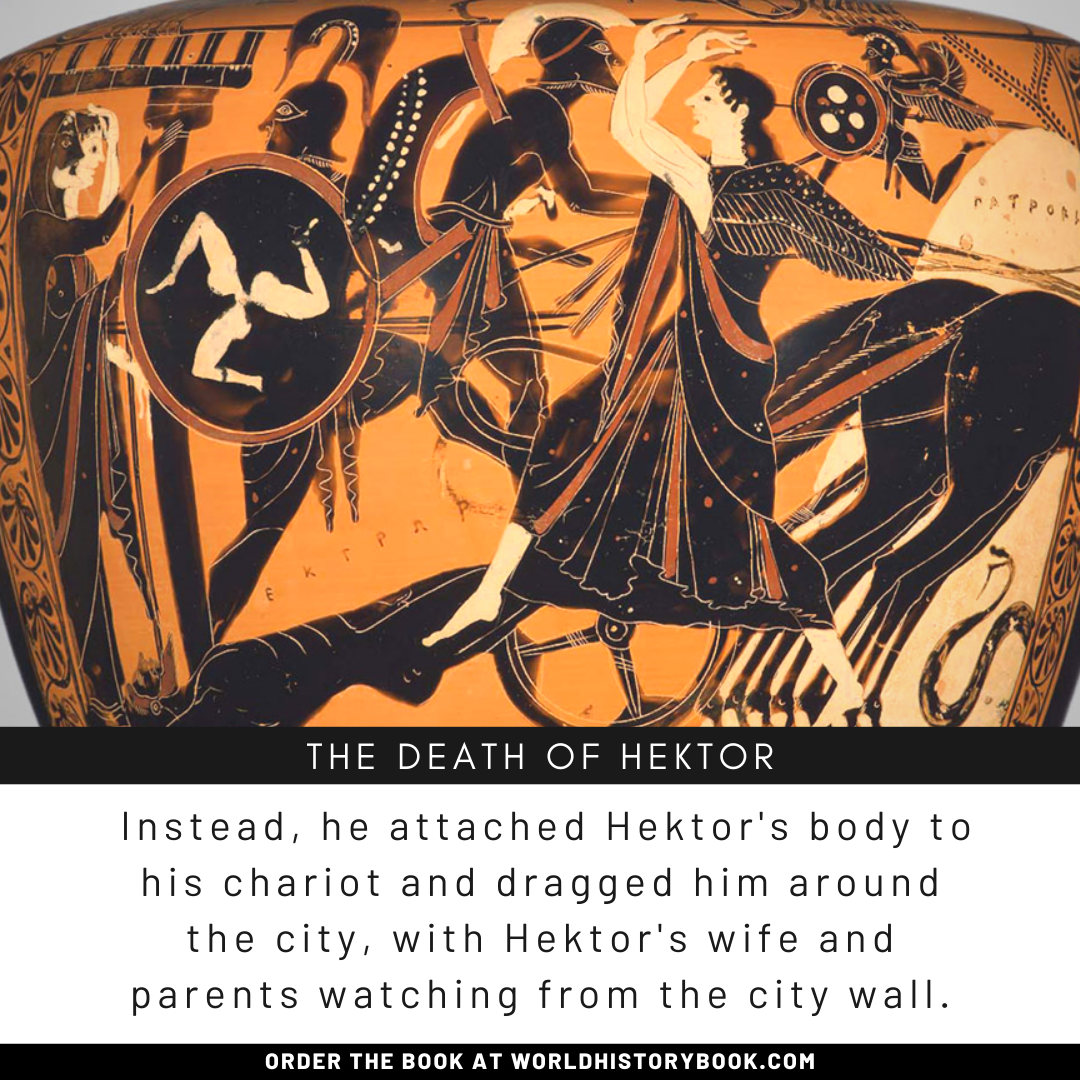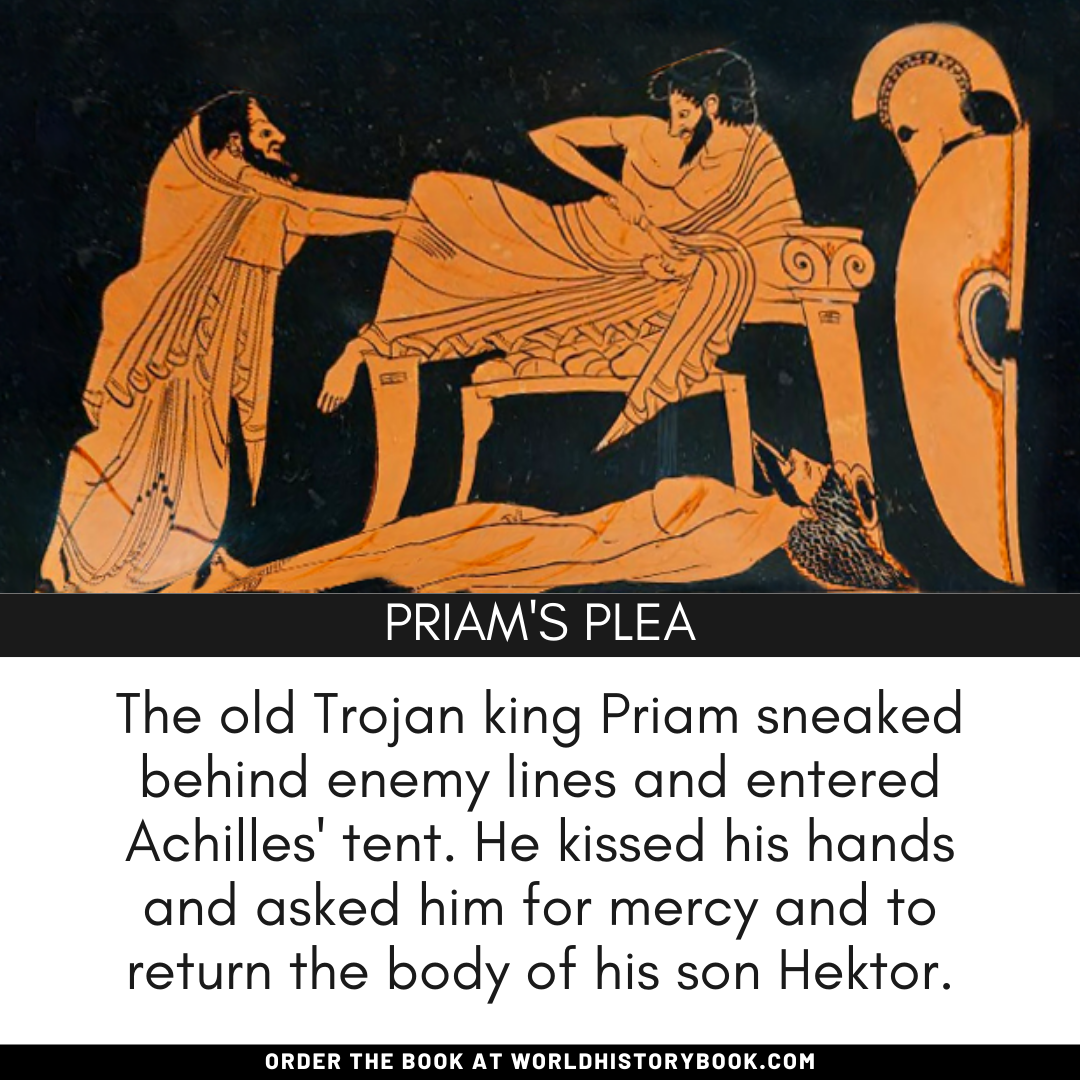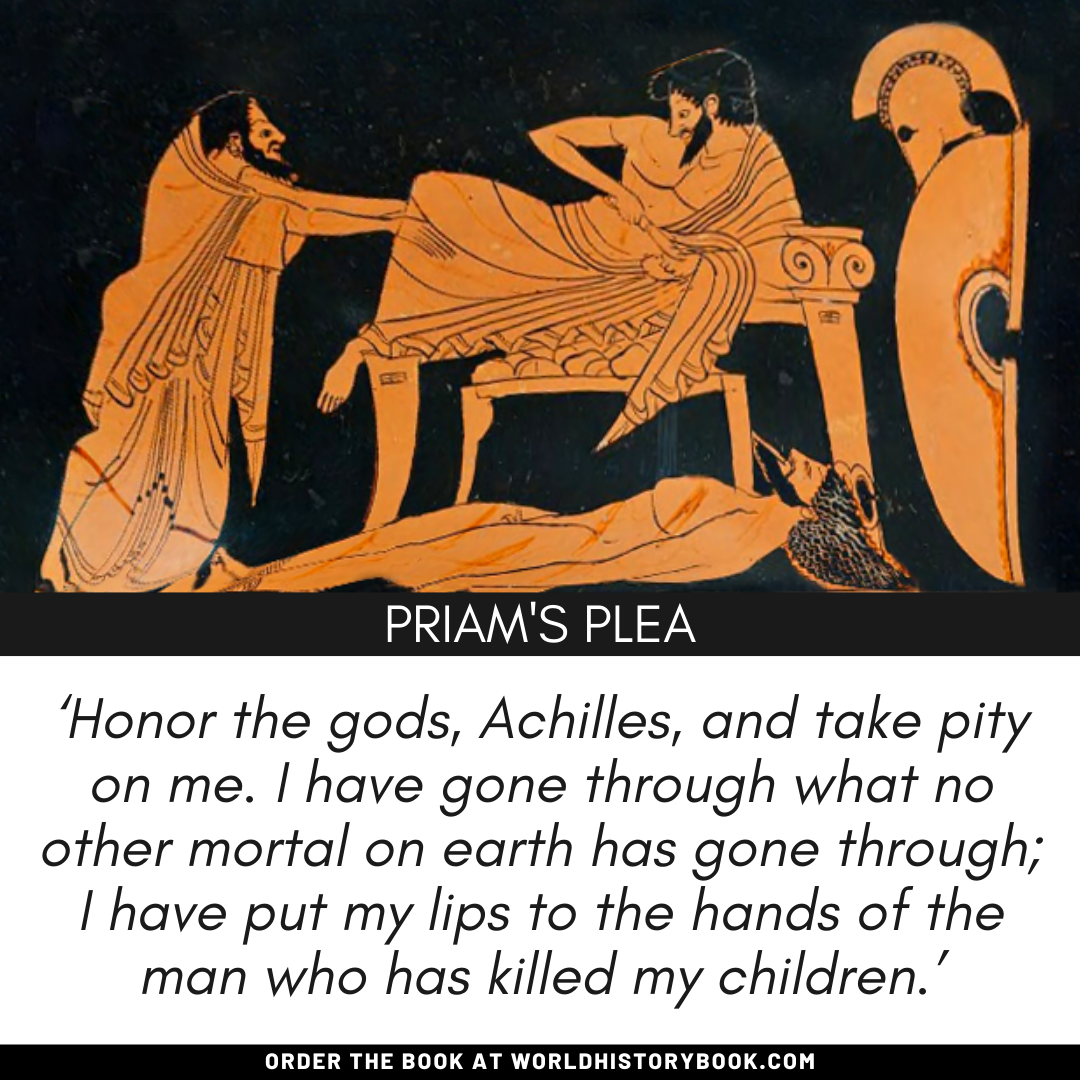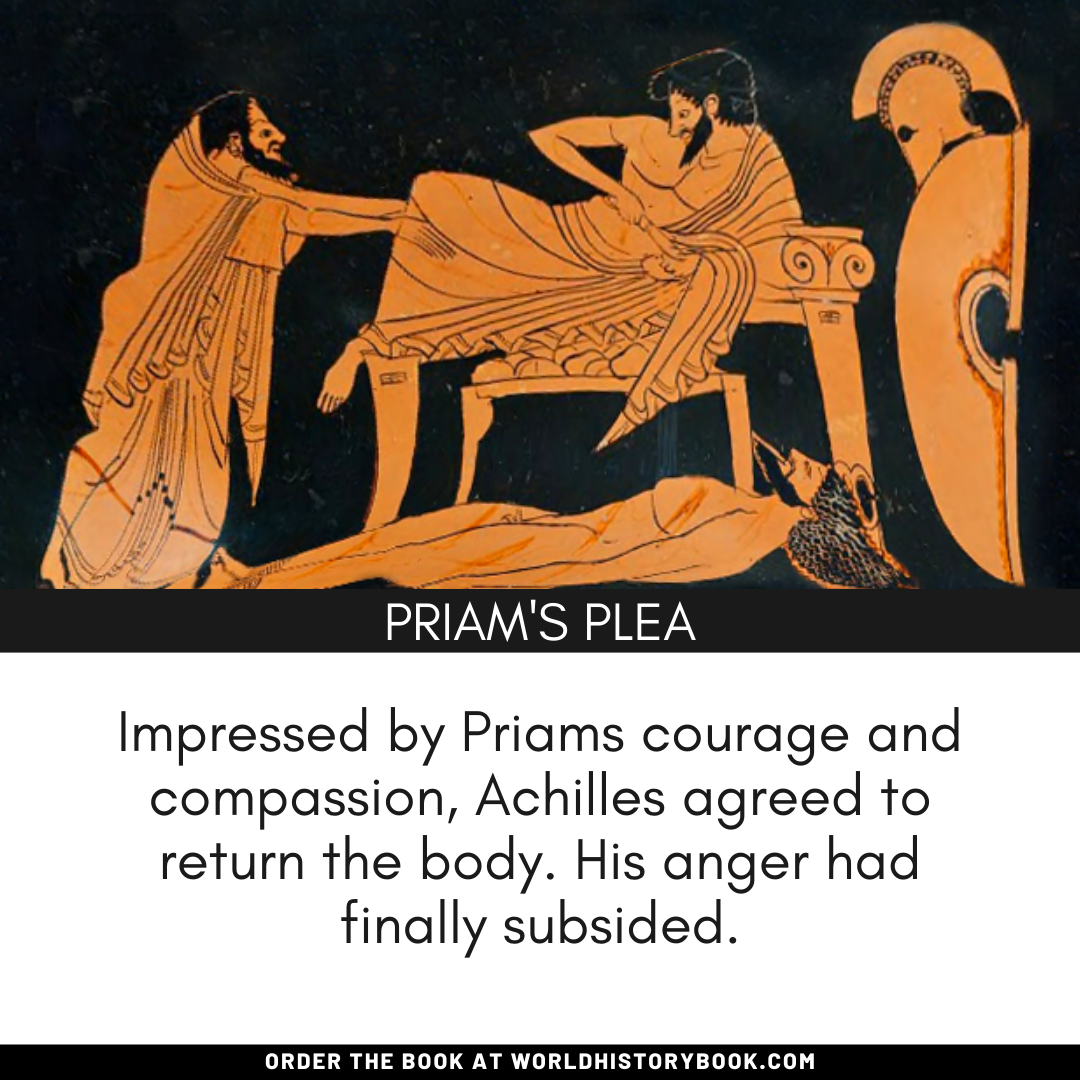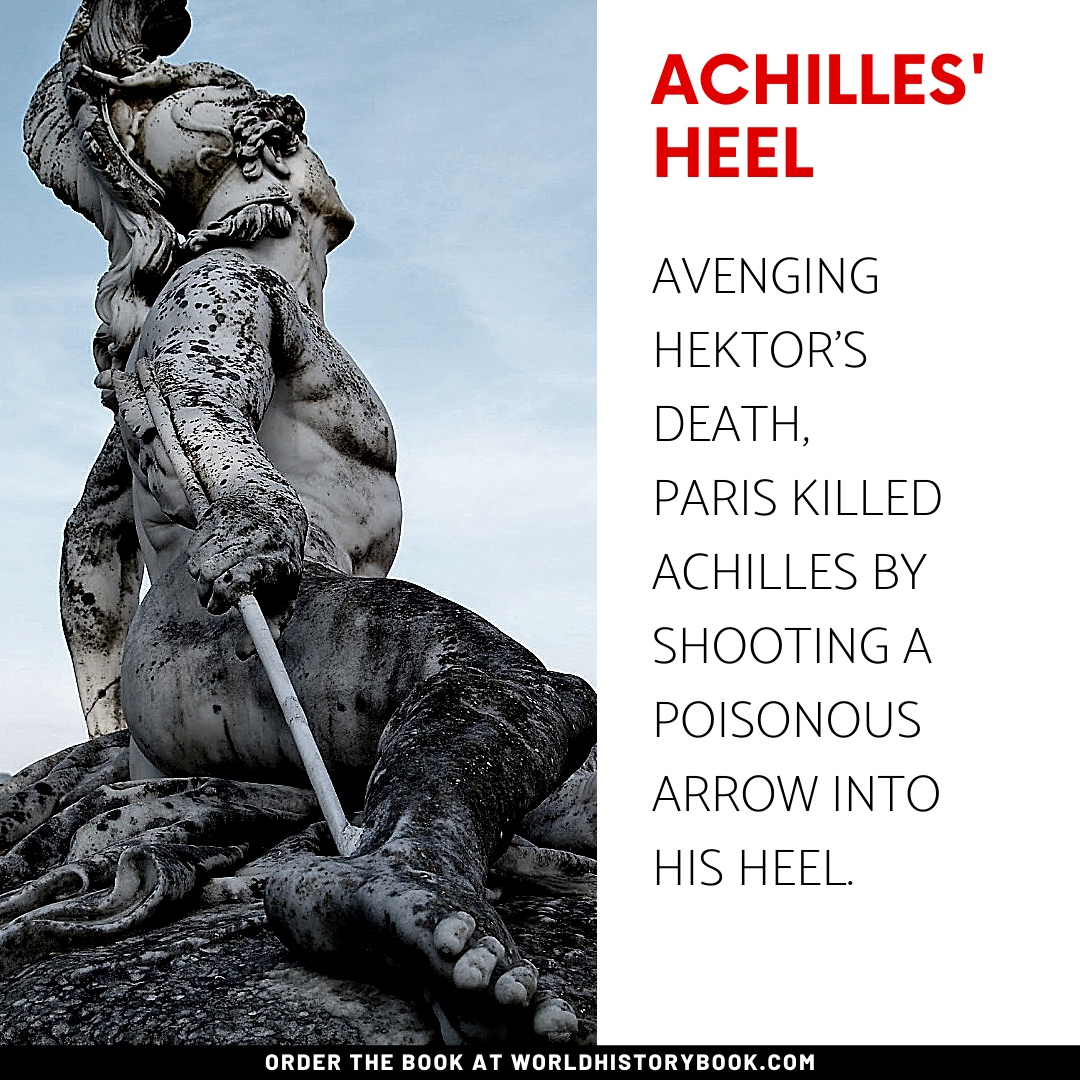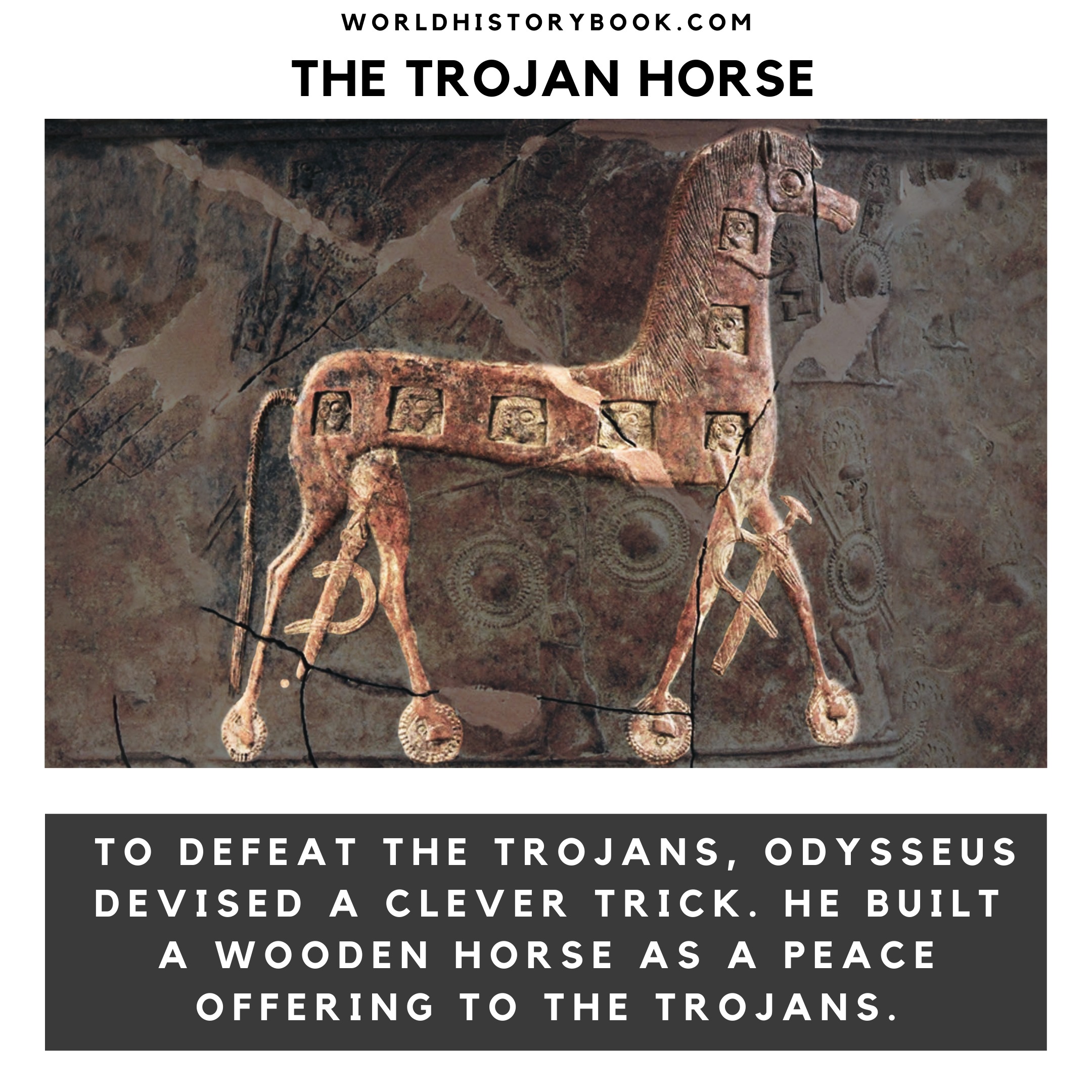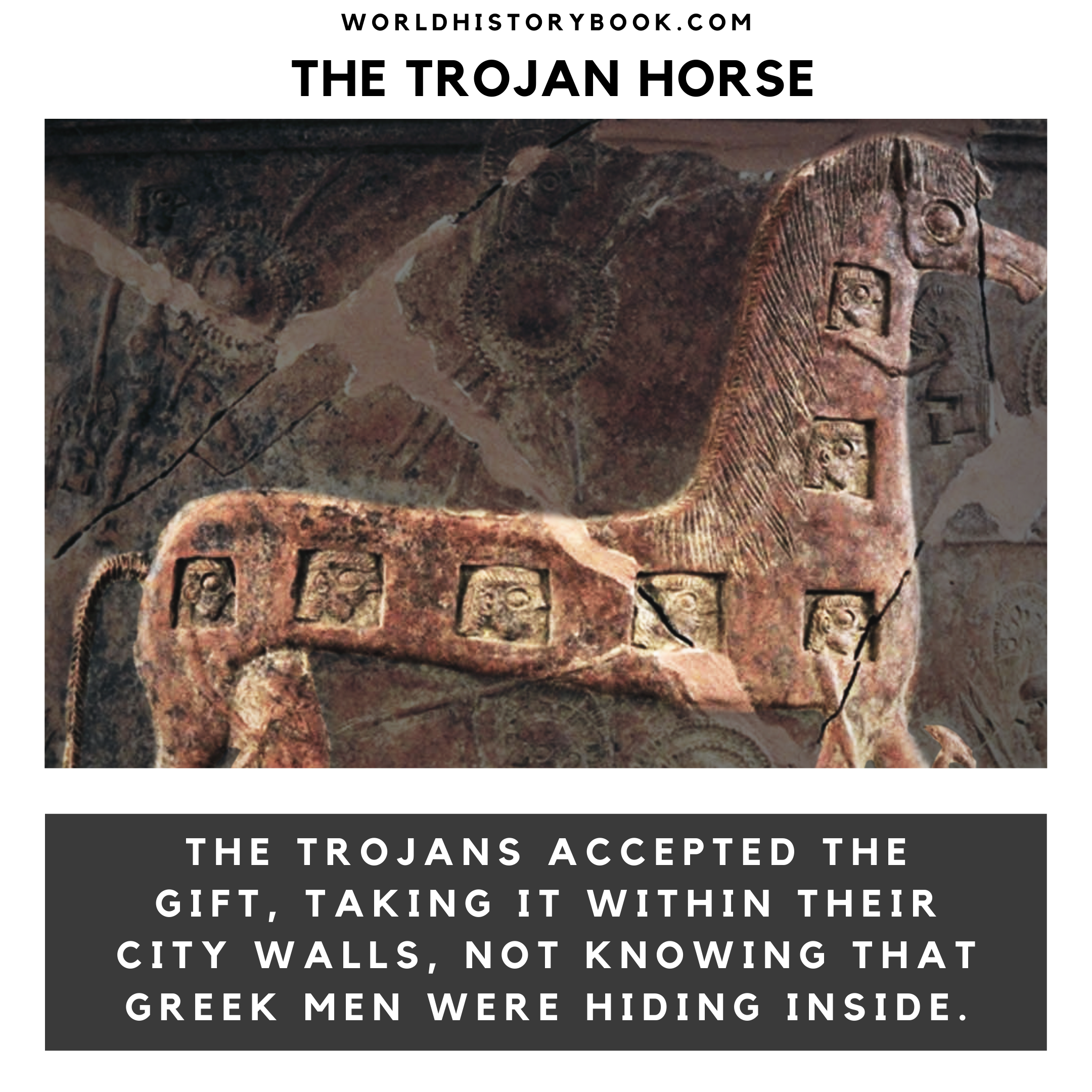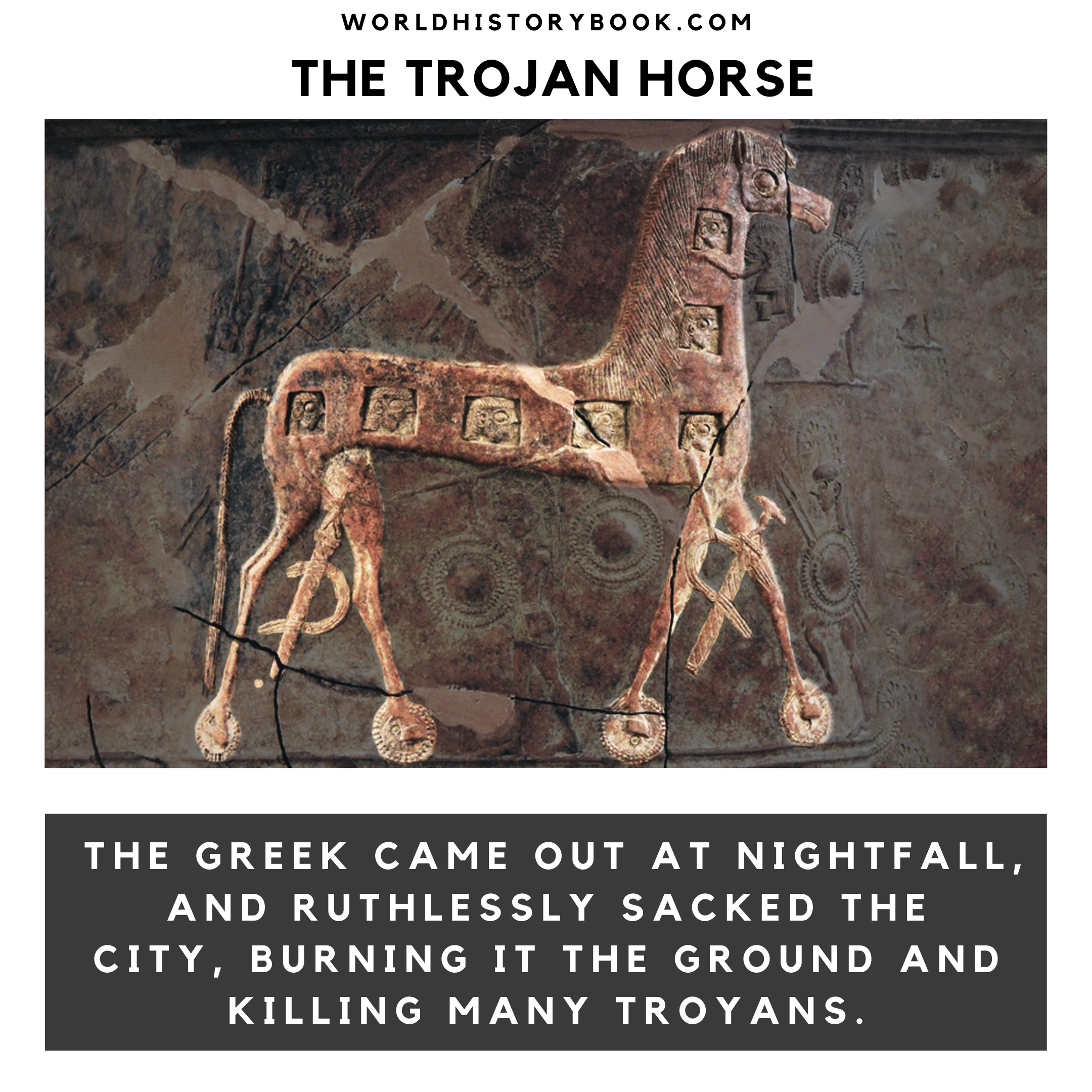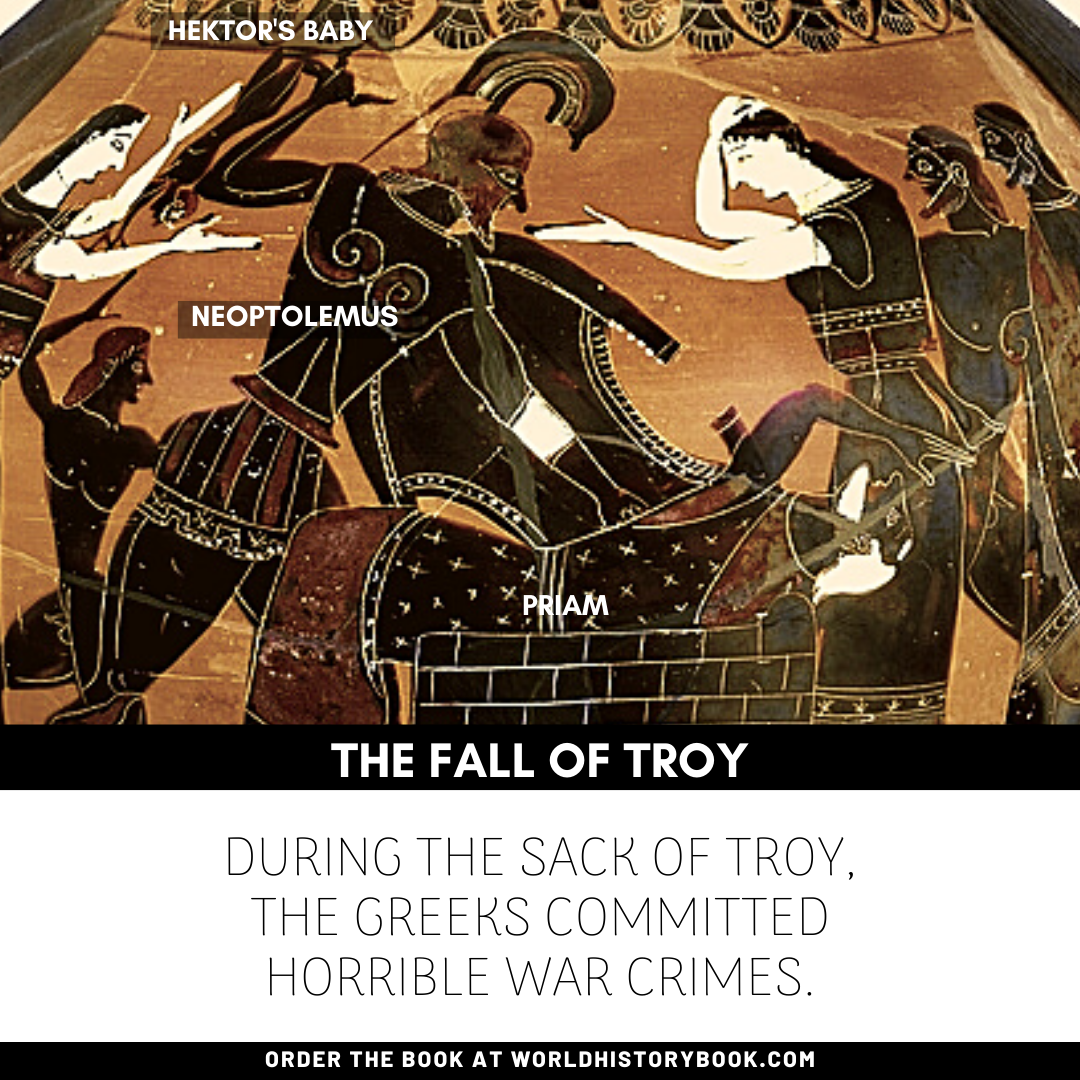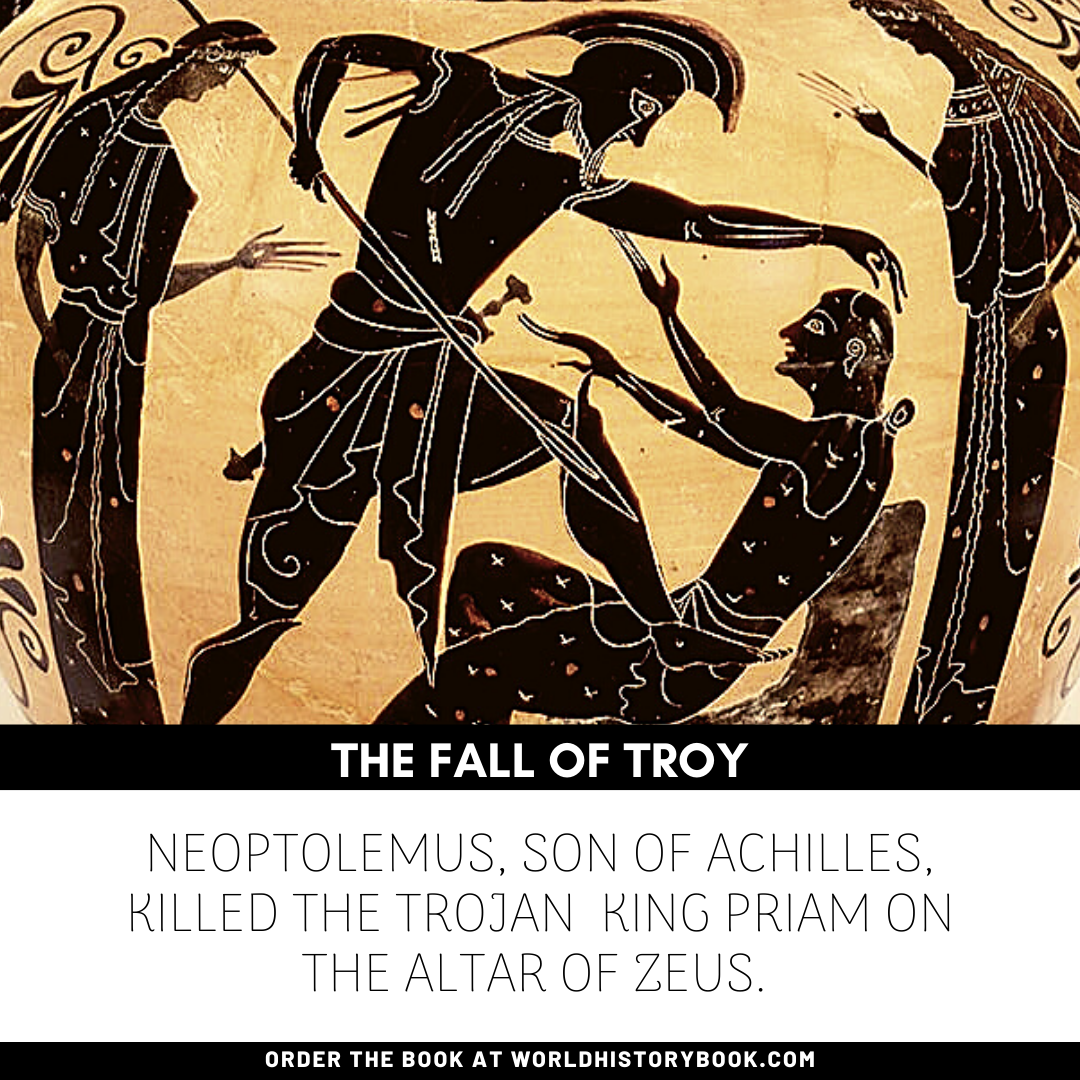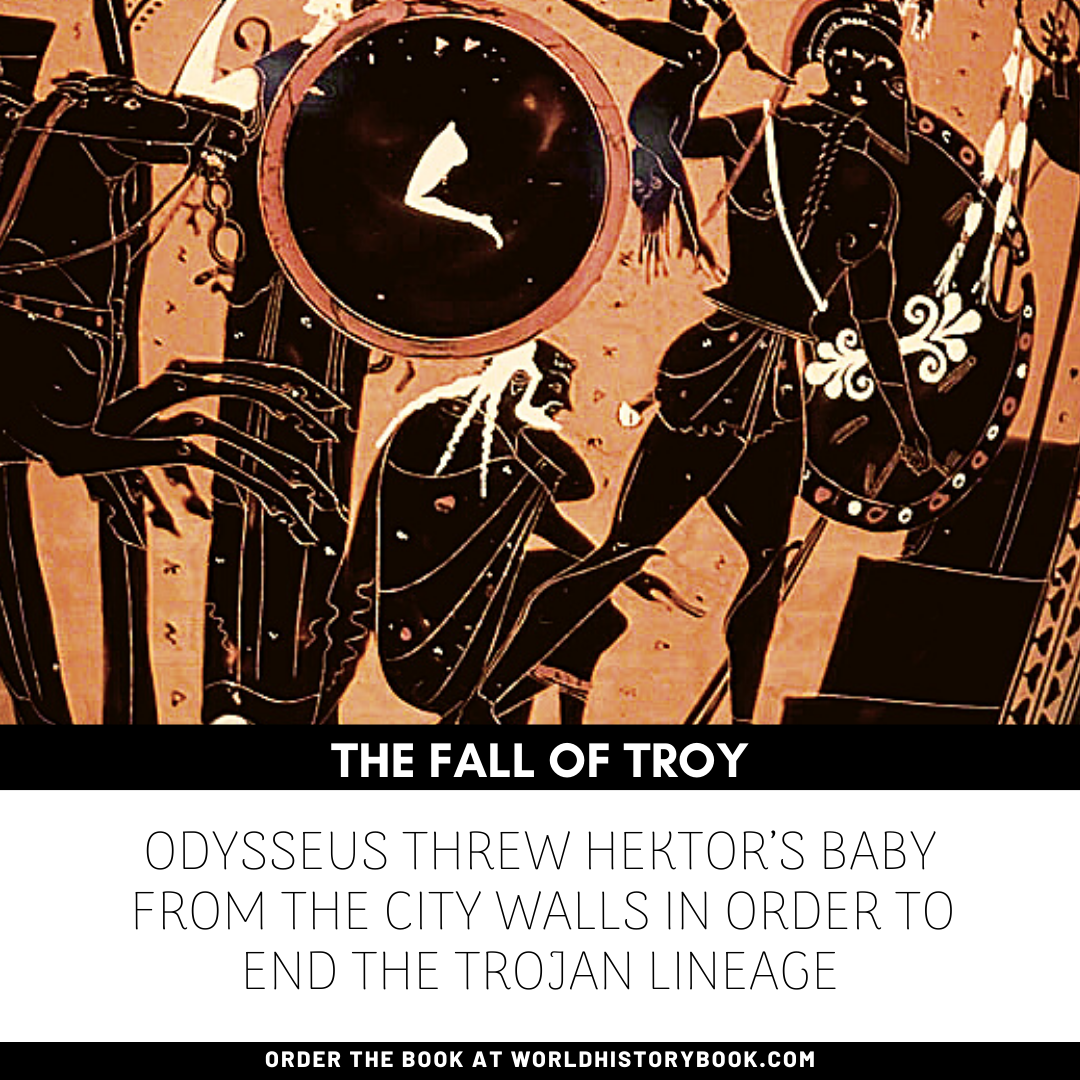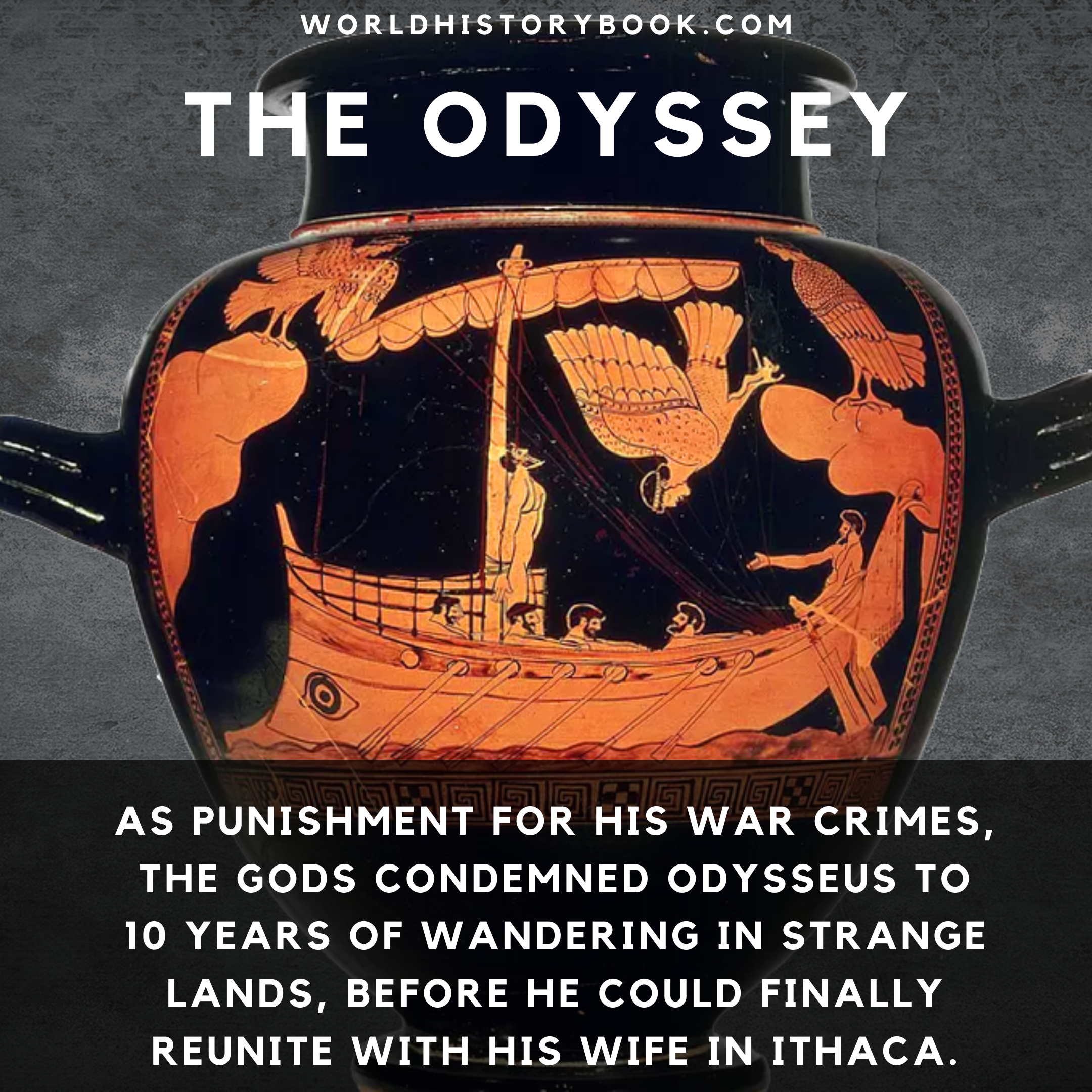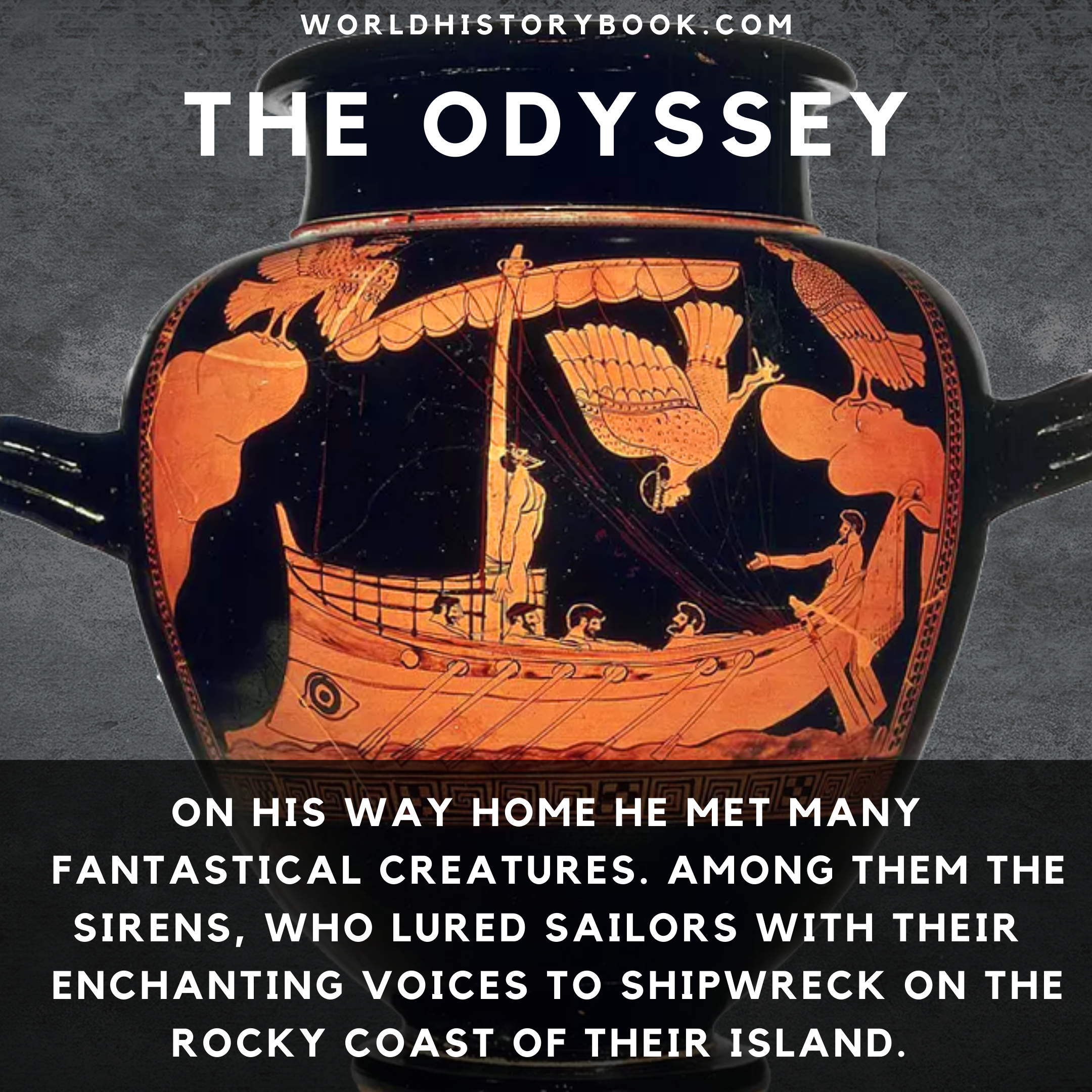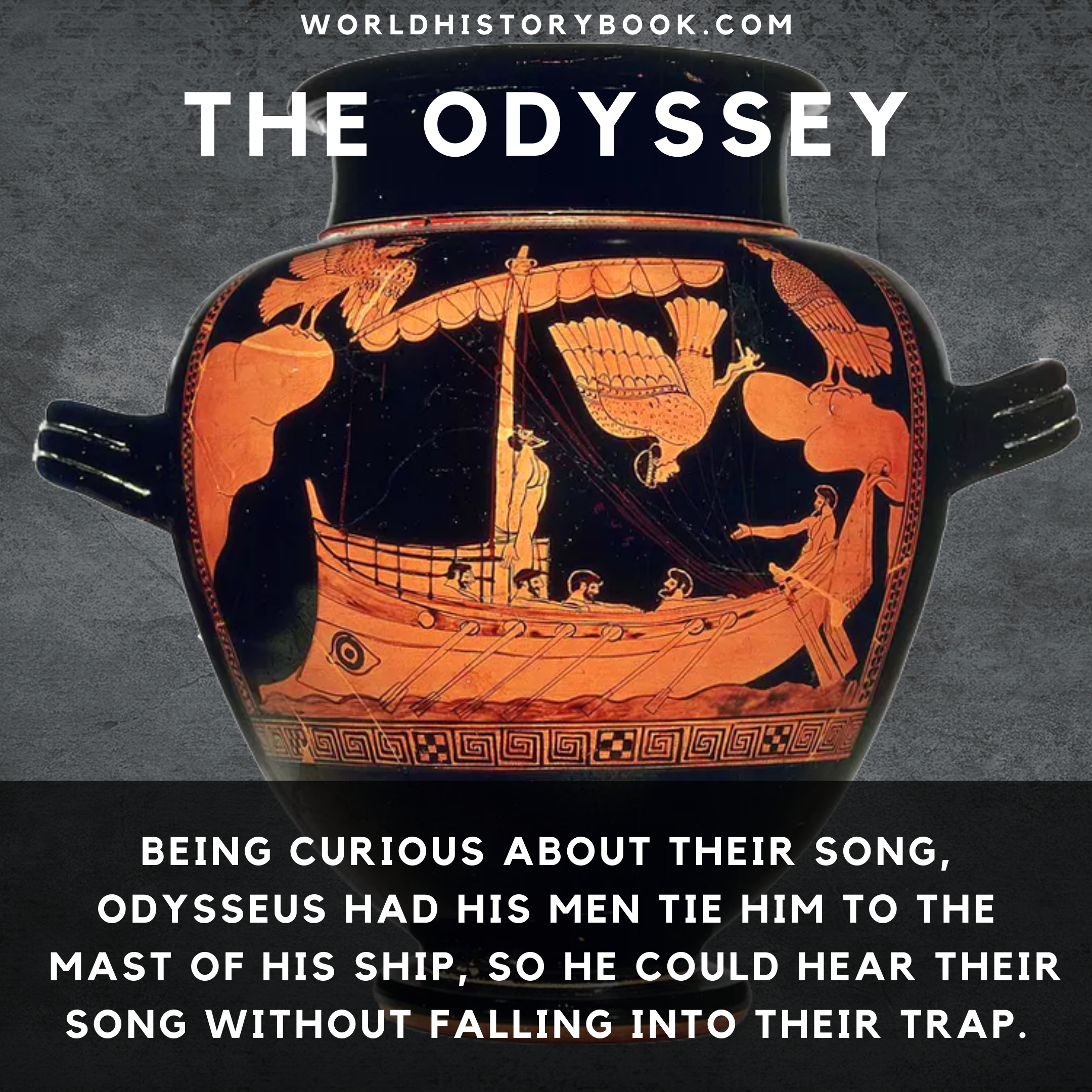THE TROJAN WAR
Homer
Around 725 BC, a wandering bard named Homer wrote down two epic poems, called the Iliad and the Odyssey, that had been transmitted orally for centuries. The poems became the earliest literary works in the European tradition and the main cultural texts of ancient Greece. The purpose of the Homeric epics was twofold. The stories served as entertainment and contained life lessons, since the characters were clear role models for proper and improper behavior. Despite these lessons, however, the epics cannot be regarded as religious texts. They contained no absolute truths that people were expected to believe in. This reflects a trend that was fundamental to ancient Greece. Their mythology was often formulated not by priests or prophets, but by artists, poets and philosophers.
The Age of Heroes
Today we start a grand overview of the Iliad. The great founding story of the Western tradition.
Homer set his story in the Mycenaean period, which he glorified as a heroic age of magnificent warriors, who overcame overwhelming odds. In their view, the sheer extasy (ekstasis) of war made life worthwhile and only a warrior could experience life to the fullest. In comparison, a life of peace was considered boring, a waste of one's only life on Earth. In the following weeks I will give you a thorough overview of the most important aspects of this unforgetable story.
Imperishable Glory
The goal of the Greek hero was kleos (glory), which literally referred to other people speaking well about you. Kleos could especially be obtained by killing and finally being killed in an honorable fight. The ultimate form of kleos was called kleos aphthiton ('imperishable glory'), which resulted in being remembered for all time. This was the closert the mortal Greek could come to immortality.
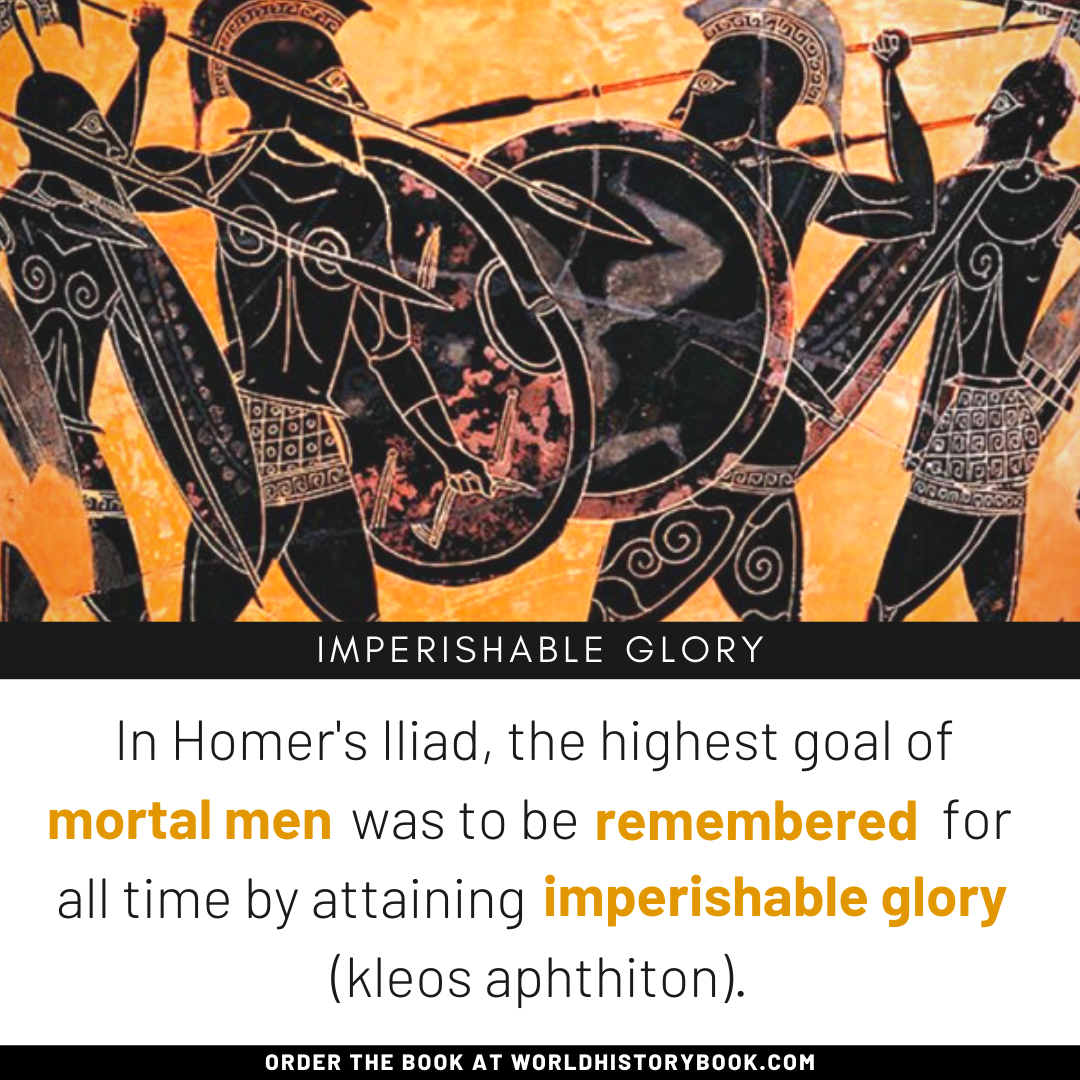
Mount Olympus
The gods in the Iliad are described as having an 'easy life.' Although the human characters in the story are always in awe of their incredible power, the reader also gets to see the lives of the gods as rather trivial. Some scenes even feel like comic relief. The gods complain about minor injuries and fight amongst themselves. In one scene, Hera has sex with Zeus in order to get him to fall asleep, so she could help the Greeks behind his back.
Homer powerfully exploited the contrast between the easy life of the gods and the intense pain and suffering of man to heigthen the tragic fact that all human life must end.
Odysseus in the Underworld
Getting the most out of life was especially important to the Greeks, since their version of the afterlife was not something to look forward to. Similar to the Mesopotamians, they believed that the soul (psyche) descends to the underworld after death, where it let an empty and unsubstantial existence.
When Odysseus visited the underworld in the Odyssey, he was horrified seeing the swarming crowds of the dead, who didn't even remembered who they were. When Odysseus sacrificed an animal and allowed the ghost of Achilles to drink its blood, he was temporarily able to remember his past.
Odysseus told him: "No man has ever been more blessed than you in days past, or will be in days to come. For before you died, we Achaeans honored you like a god, and now in this place, you lord it among the dead."
Yet Achilles' response was less positive:
"Don't gloss over death to me in order to console me. I would rather be above ground still and laboring for some poor peasant man than be the lord over the lifeless dead."
Moira (fate)
The early Greeks never truly felt in charge of their own destiny, since they believed that the gods were pulling the strings behind the scenes. In fact, all the important events in the Iliad are described from the point of view of the struggling humans on Earth, but then the audience also gets a peak into how the gods made these events happen.
When a warrior survived a stabbing, we later read that a god had made the weapon avoid his vital organs. When a warrior gained advantage in a fight, we later read that a god chose his side and infused him with strength.
The gods in the Iliad even tell us up front what the final fate (moira) of the main characters is going to be. Knowing how each person will finally fall added to the tragedy of the story.
Moira literally means 'portion', referring to the 'amount of life' given to each individual. Each Greek was believed to have a fixed time of death at which time the person was said to have 'met his fate.'
Thetis the Sea Nymph
Helen of Troy
The Iliad is set in the Mycenaean period and describes an essential part of the last year of the Trojan War, fought between Greek allies and the city of Troy.
The war started when Helen, the most beautiful woman in the world and wife of the Greek king Menelaos, was abducted by the beautiful Trojan prince Paris.
Since this event took place in a prequel to the Iliad that has since been lost, it is not clear whether Helen was abducted or whether she left her husband for the beautiful prince Paris out of her own accord. The last option would implicate her in starting the Trojan war, which would eventually end in its destruction.
It would also fully exploit the tragic element of the Iliad. Paris and Helen have chosen to led a thriving ethical community fall for their silly impossible love affair.
The Wrath of Achilles
We are told that before the war, Achilles had been a man of great love (philotes), but certain events during the war had darkened his soul:
"He had made savage the high-hearted spirit within his body."
His anger is the main theme of the Iliad. In fact, the first word of the Iliad is wrath (memis). The word 'memis' was usually used only in reference to the gods, suggesting the superhuman nature of his anger.
His wrath was first unleashed when Agamemnon took his concubine Briseis. Achilles had acquired princess Briseis when sacking a town near Troy. She had become an important part of his time, but the two also became fond of each other. Achilles even likened their relationship to that of a husband and wife. But when Agamemnon lost his own concubine Cryseis, he took Briseis as compensation for his loss. Having his time violated, Achilles declared in anger that he and his men (the Myrmidons) would retreat from the war and return home.
The Noble Trojans
Although the Trojans were the enemy, they were generally portrayed as sympathetic and sensible, especially compared to the aggressive Greeks. The Trojans didn't fight for glory. Instead, they were fighting a defensive war to protect both their city and their people.
The sympathy of the Trojans is especially clear in the role of prince Hektor. We see him as a dedicated father, husband and older brother. He is a noble and civilized man, well-connected to his family and willing to take his responsibility to defend his community.
Meanwhile, Achilles had abandoned his allies, hiding in isolation in his tent.
The Death of Patroklos
Achilles Versus Hektor
"HEKTOR!" Angered by the death of Patroklos, Achilles returned to the battlefield to fight Hektor. Overwhelmed by fear, Hektor ran away. Achilles pursued him, with the two ending up at a spring where the Trojan women used to wash their clothes. The place gives a glimpse of what Trojan life was like before the war, the time 'before the sons of the Achaean came to Troy.' The imagery adds to the tragedy of Troy's fated destruction.
The Death of Hektor
Filled with rage over the death of his friend Patroklos, Achilles killed Hektor, attached his body to his chariot and dragged him around the city.
Achilles hoped revenge would end his rage, but it did not.
Concerned about his ruthless and merciless behavior, the gods finally felt they had to intervene. See what happens next in the next post.
Priam's Plea
The most important scene of the Iliad is not about war, but about mercy.
King Priam, father of Hektor, sneaked into the Greek camp and into Achilles' tent. He asked Achilles for mercy in the most compassionate words:
"Honor then the gods, Achilles, and take pity upon me remembering your father, yet I am still more pitiful; I have gone through what no other mortal on earth has gone through; I put my lips to the hands of the man who has killed my children."
This finally cooled the anger in Achilles' heart and he allowed Priam to take back Hektor's body for burial.
Achilles's Heel
After the burial of Hektor (see the previous post) the Iliad ends, but this doesnt mean the end of the epic. The epic actually consisted of 10 books, most of which are lost. We do have summaries of these works.
In the book coming after the Iliad, Paris takes revenge on Achilles, killing him by shooting a poisonous arrow into his heel.
The brave Ajax then grapped his body and carried it back to the Greek camp for burial next to his friend Patroklos.
The Trojan Horse
We all know this part of the story. In the image, we see the Mykonos vase, which has the oldest depiction of the trojan horse on it, from a stunning 675 BC!!
The Sack of Troy
I think the posts speak for themselves. The sack of Troy violated about every aspect of the code of war. In the next and last post about the Troyan war, we will see that the Greeks paid a heavy price for their crimes.
The Odyssey
During the sack of Troy, the Greeks committed horrible war crimes. Neoptolemus, son of Achilles, killed the Trojan king Priam on the altar of Zeus, where he had taken refuge. Odysseus threw Hektor's baby from the city walls.
These war crimes angered the gods, who gave the surviving Greeks many hardships on their way home. This is where Homer's second epic, the Odyssey, starts off. Because of the curse of gods, it took Odysseus 10 years of wandering in strange lands until he was finally reunited with his wife back home in Ithaca.

